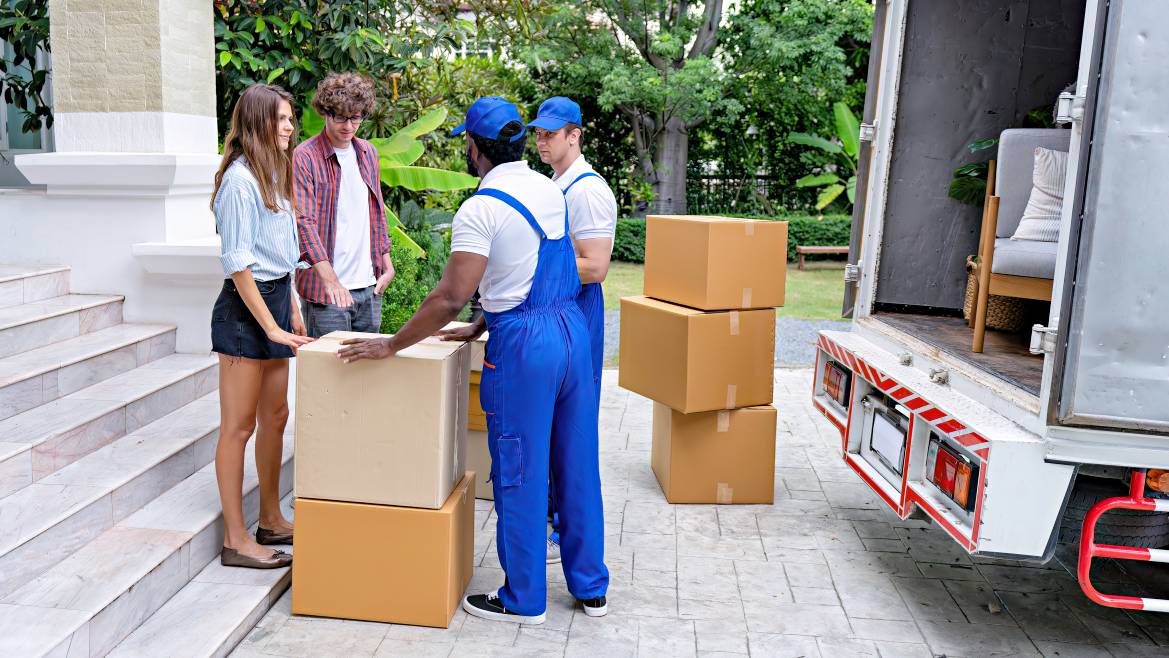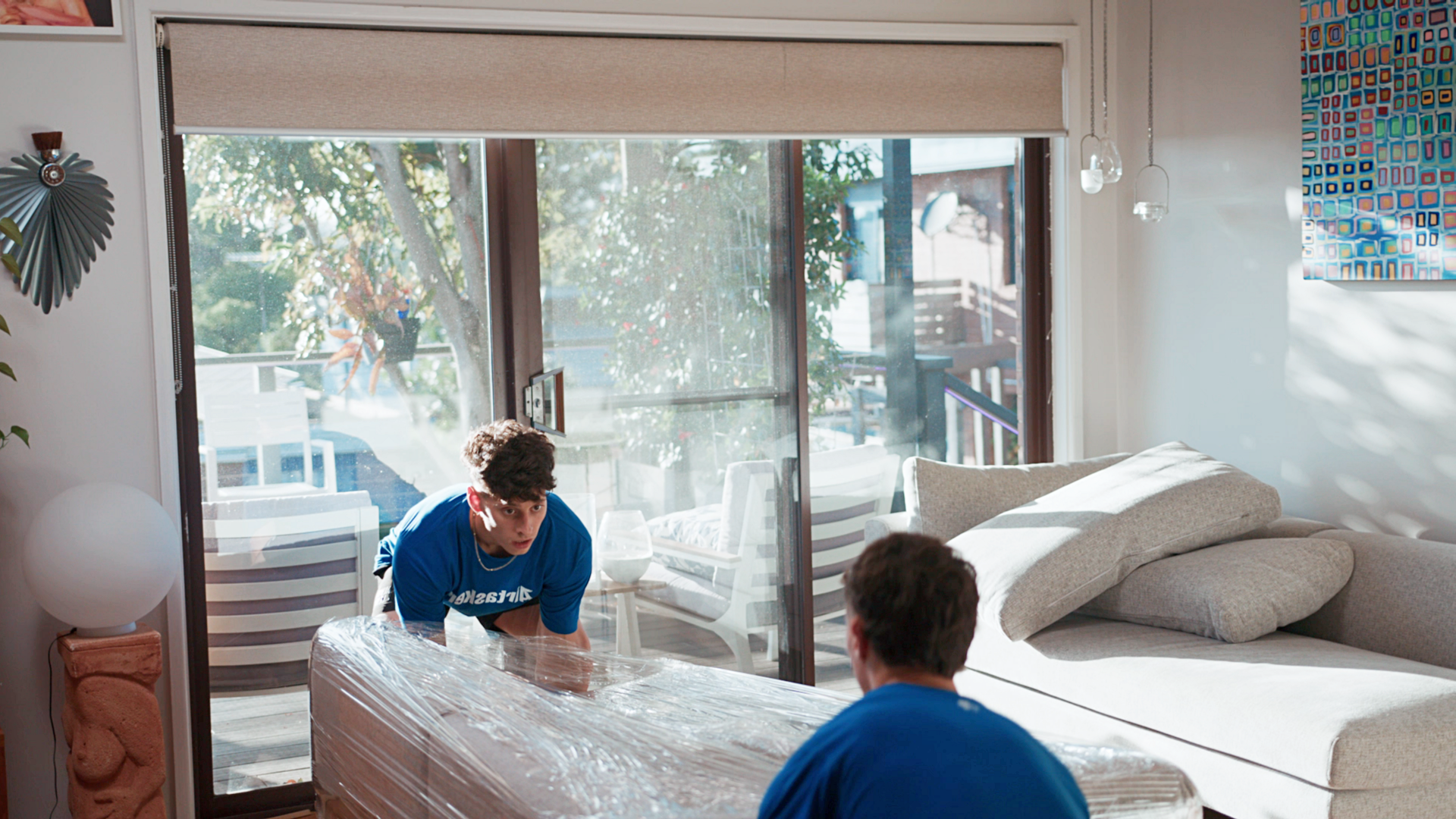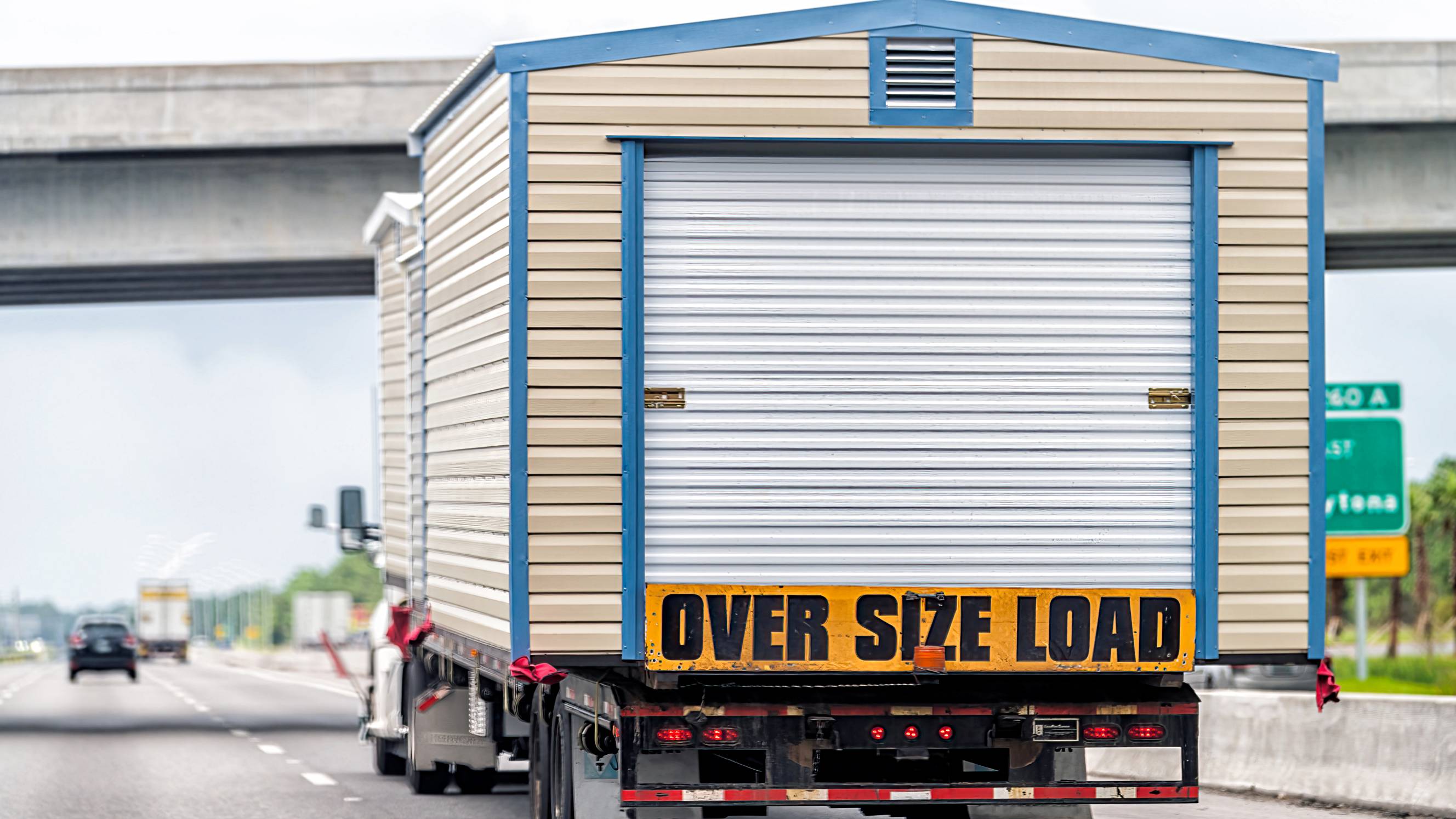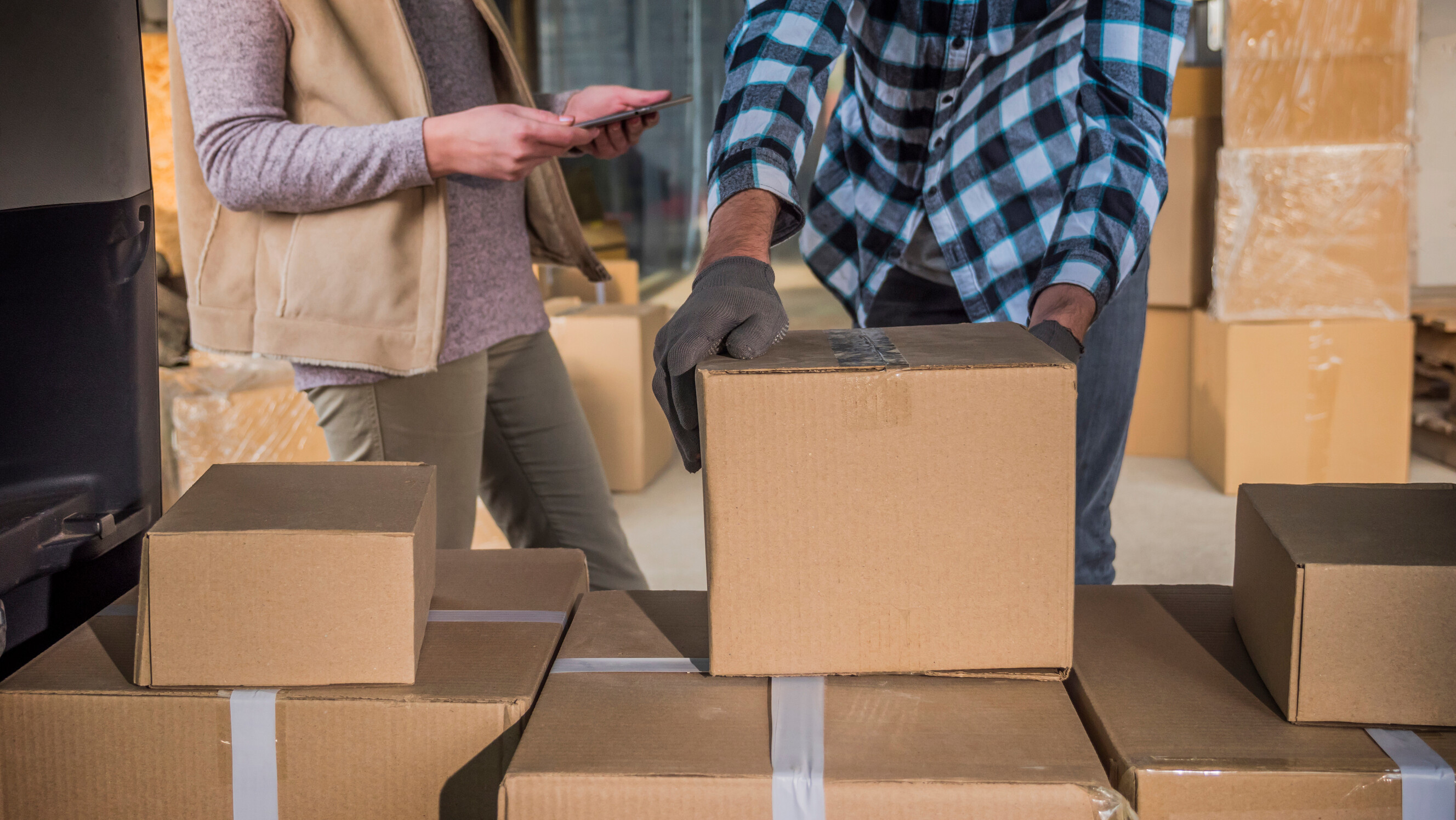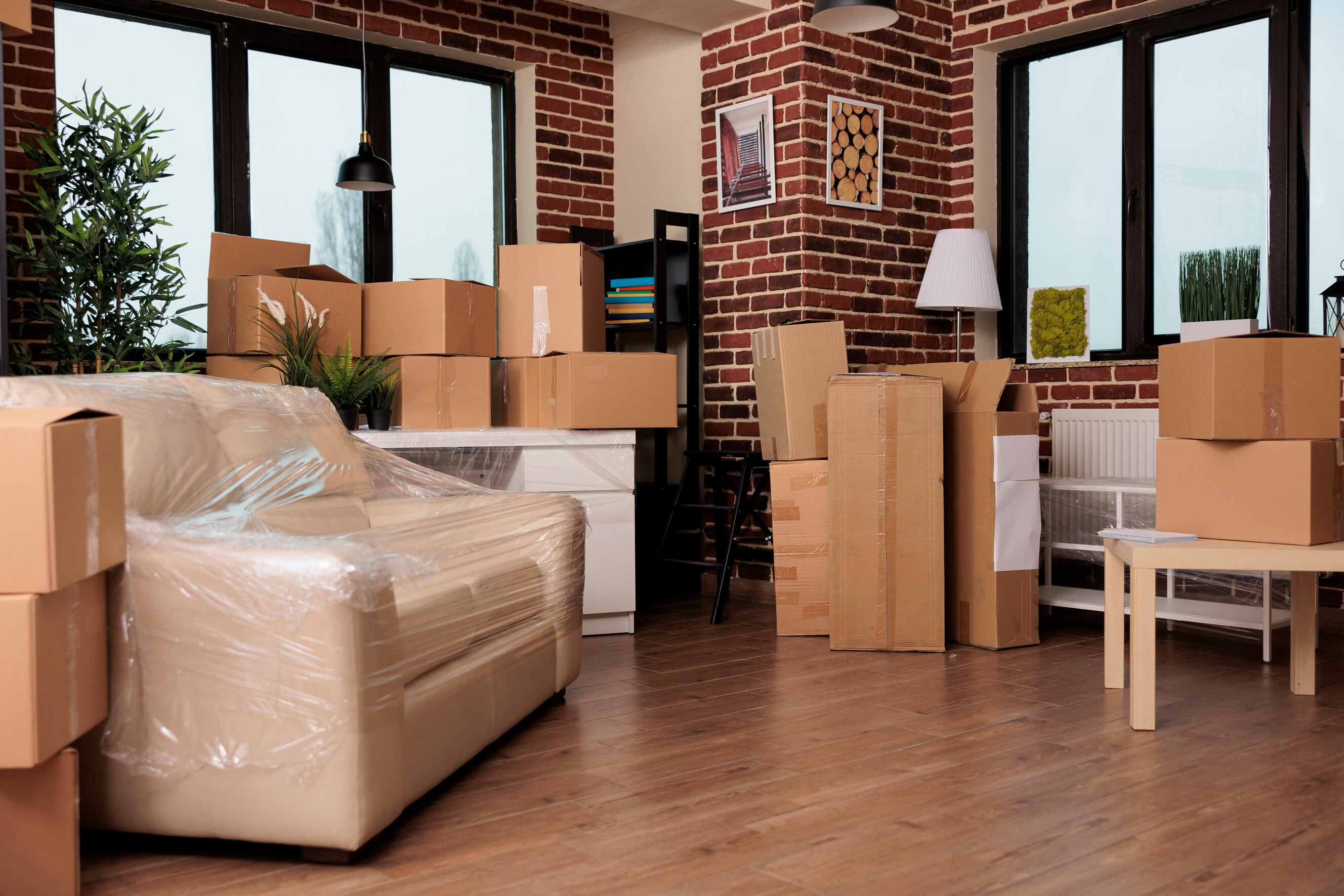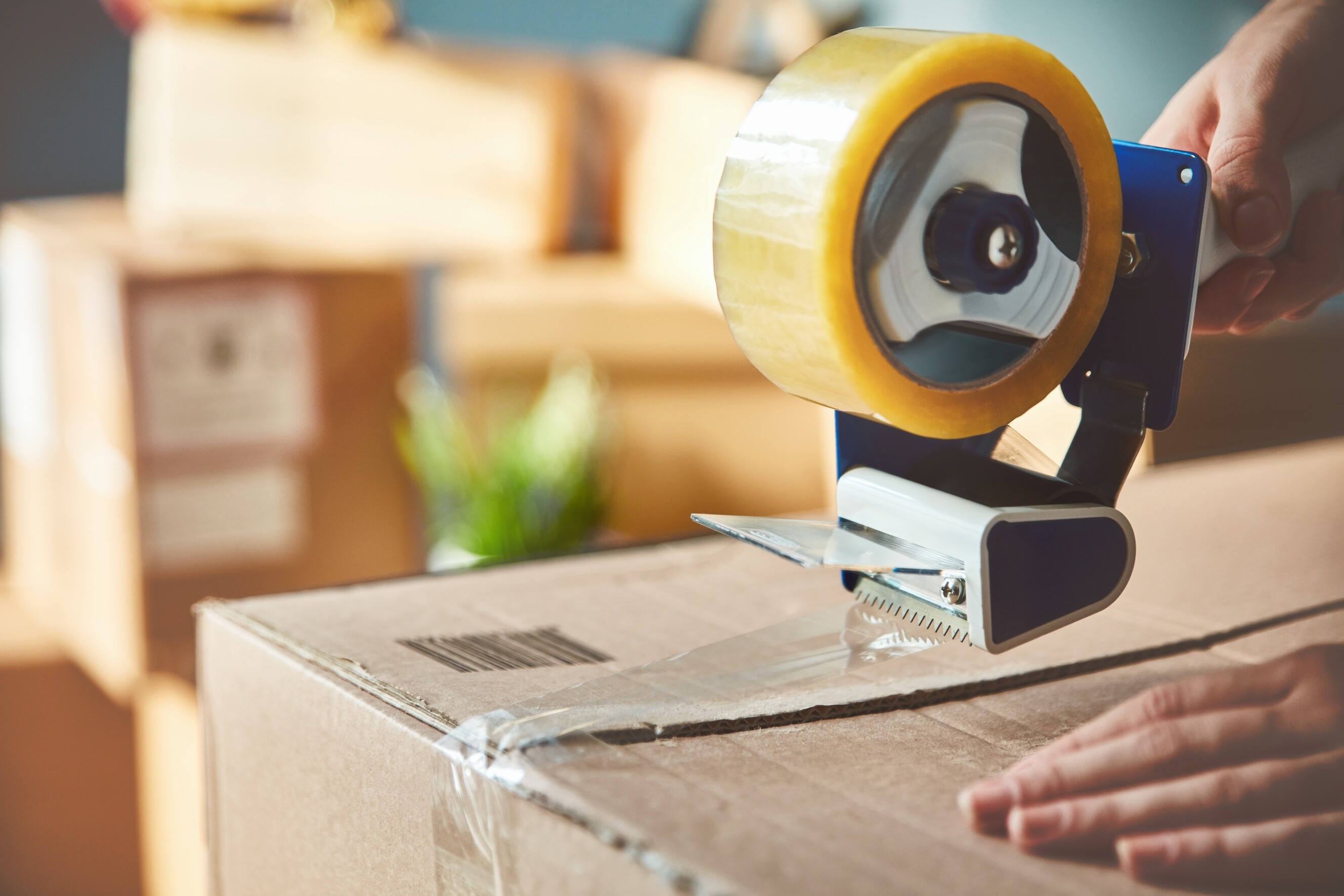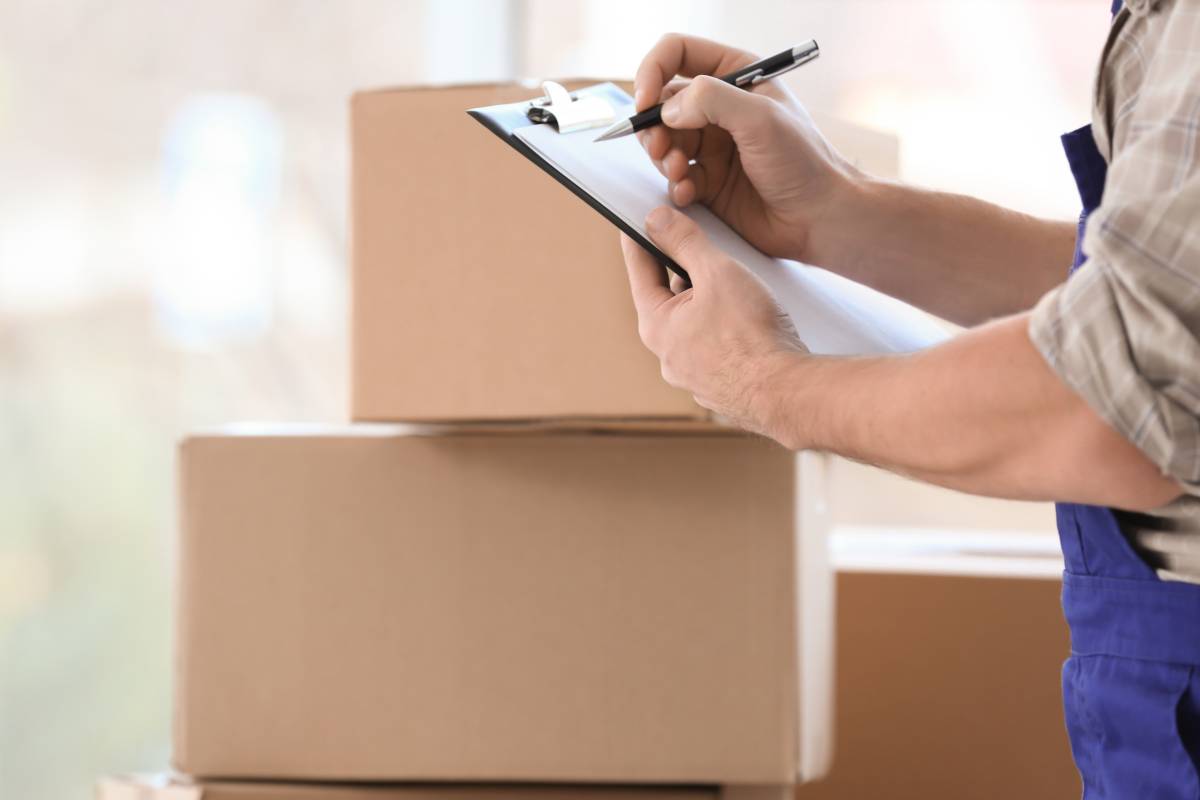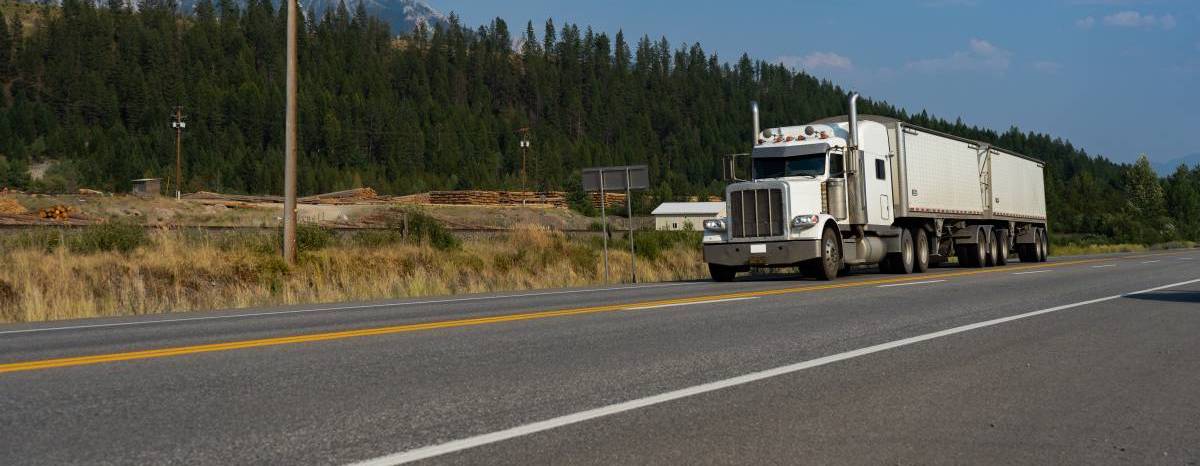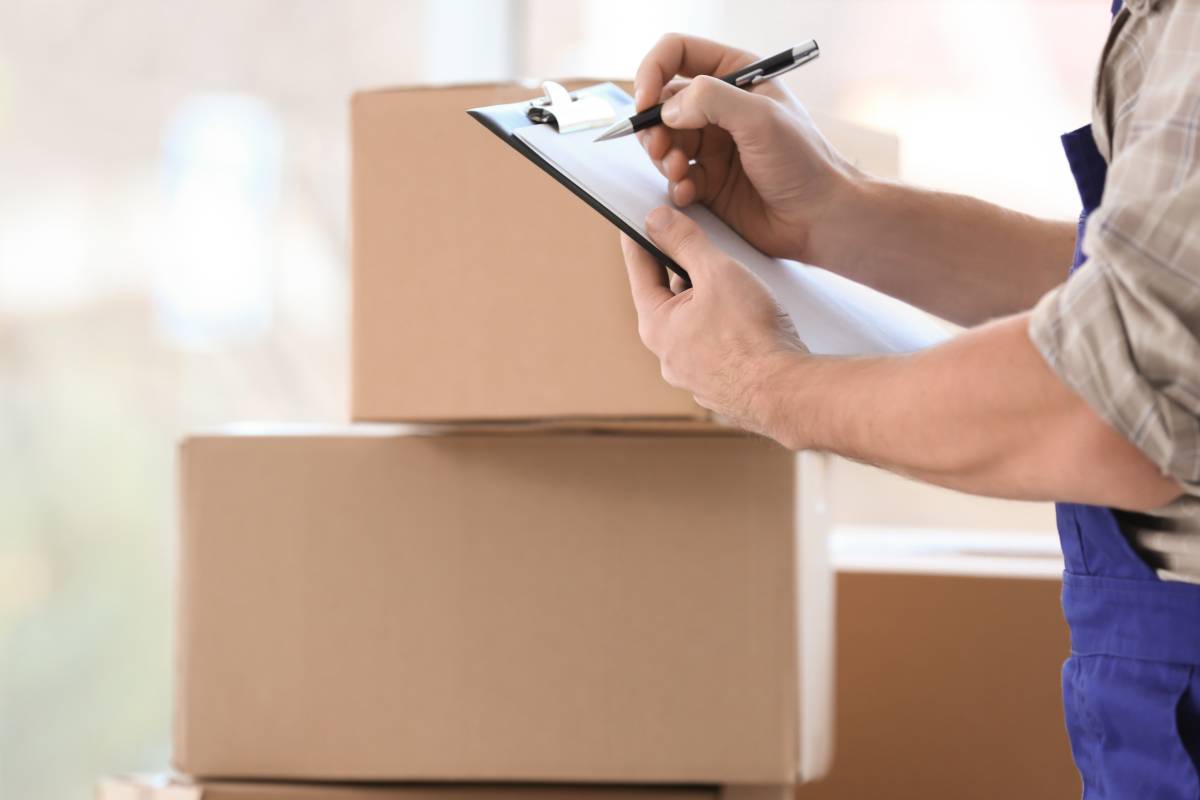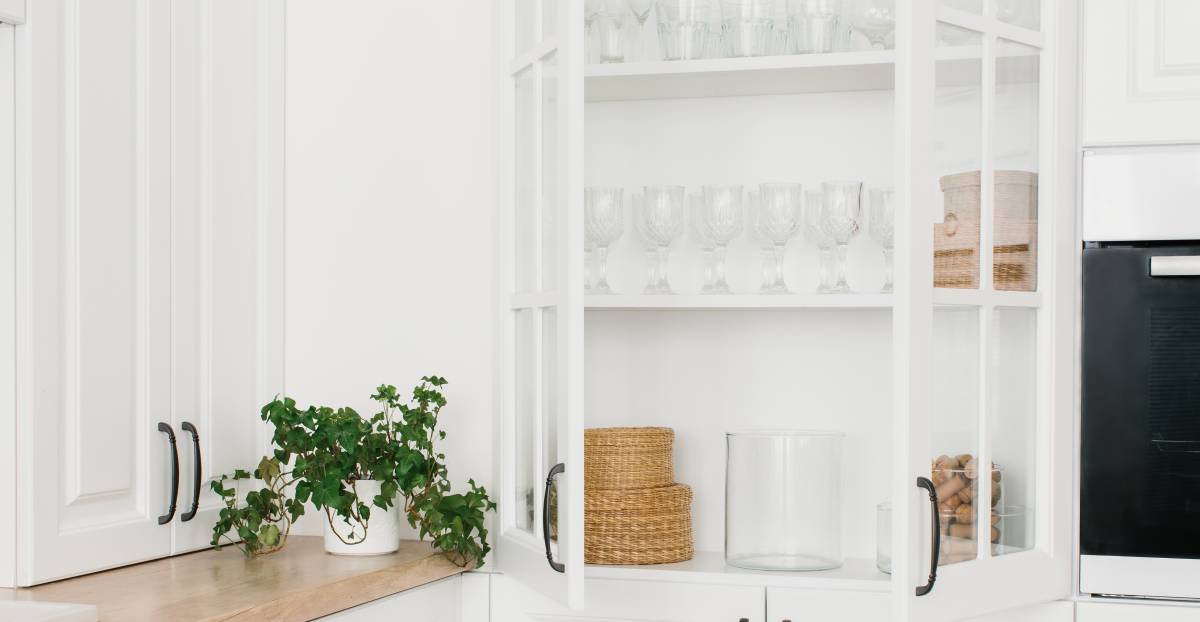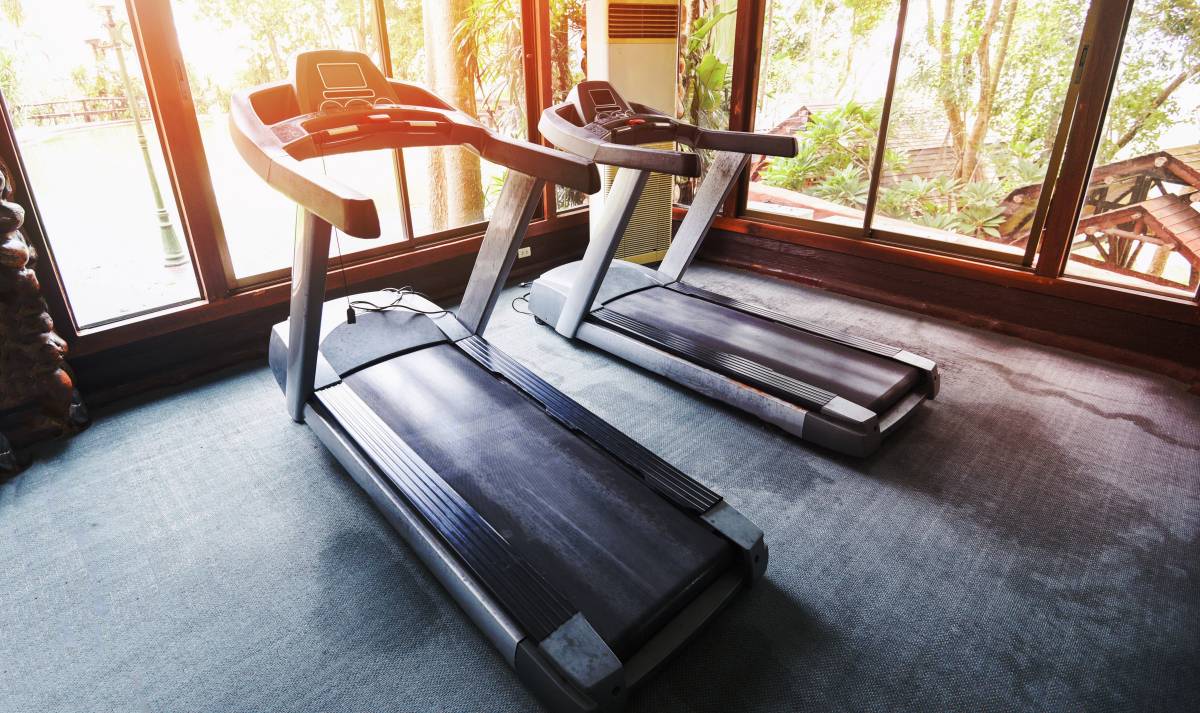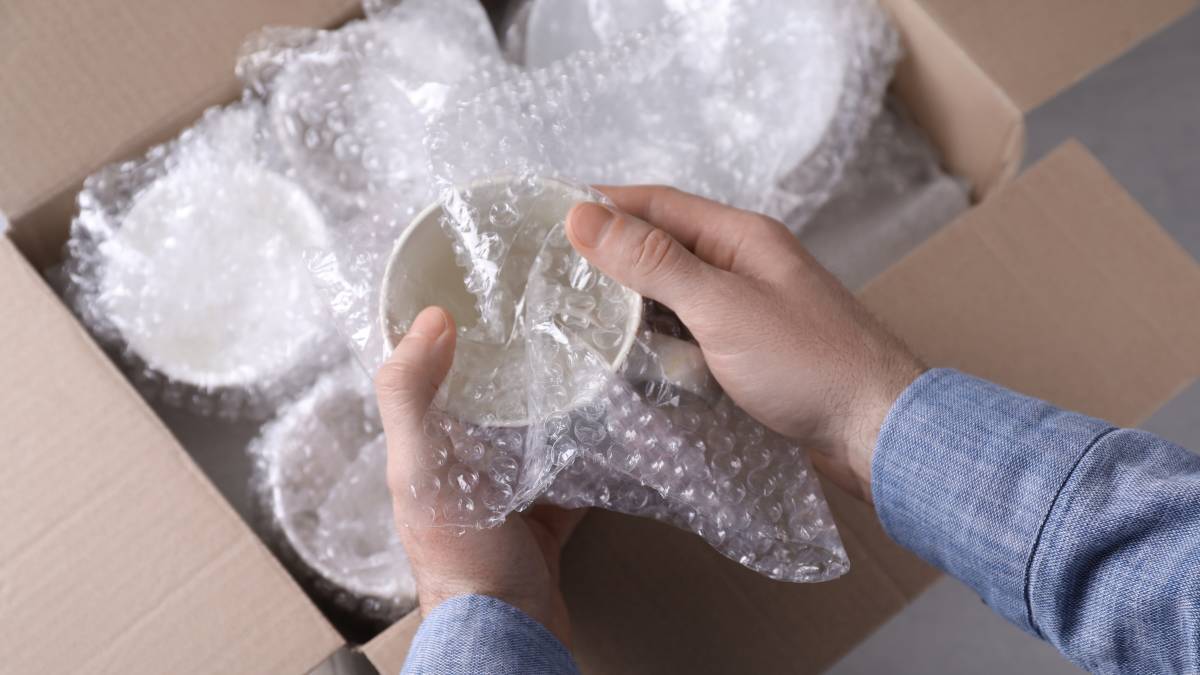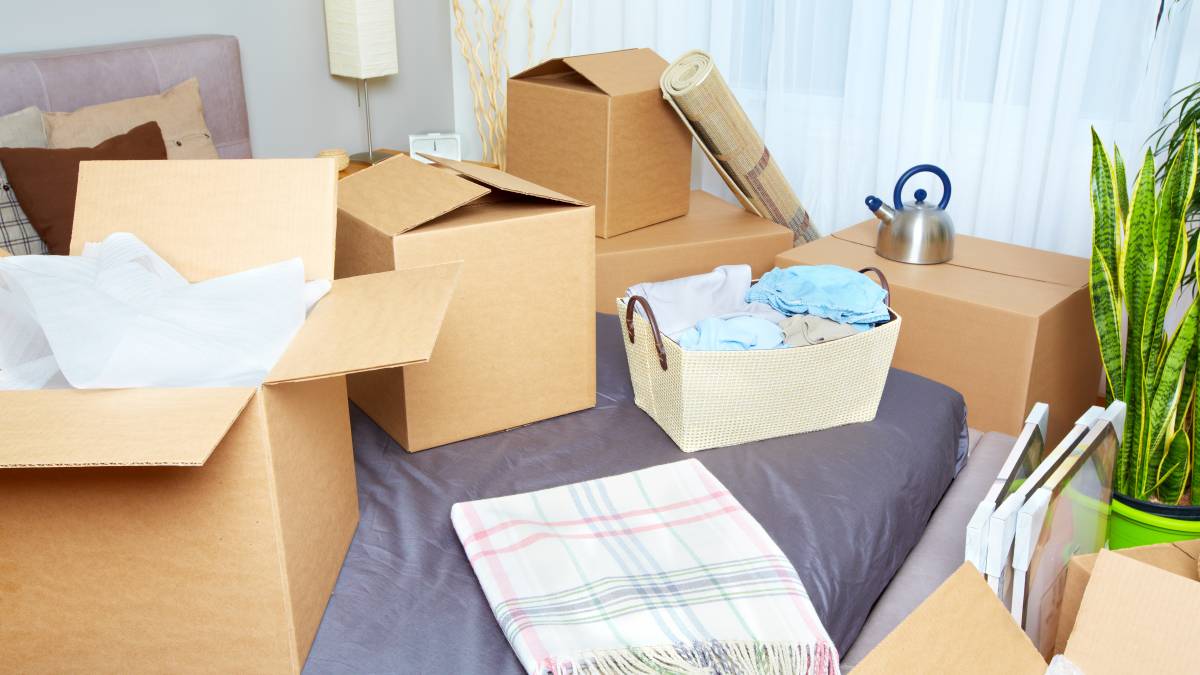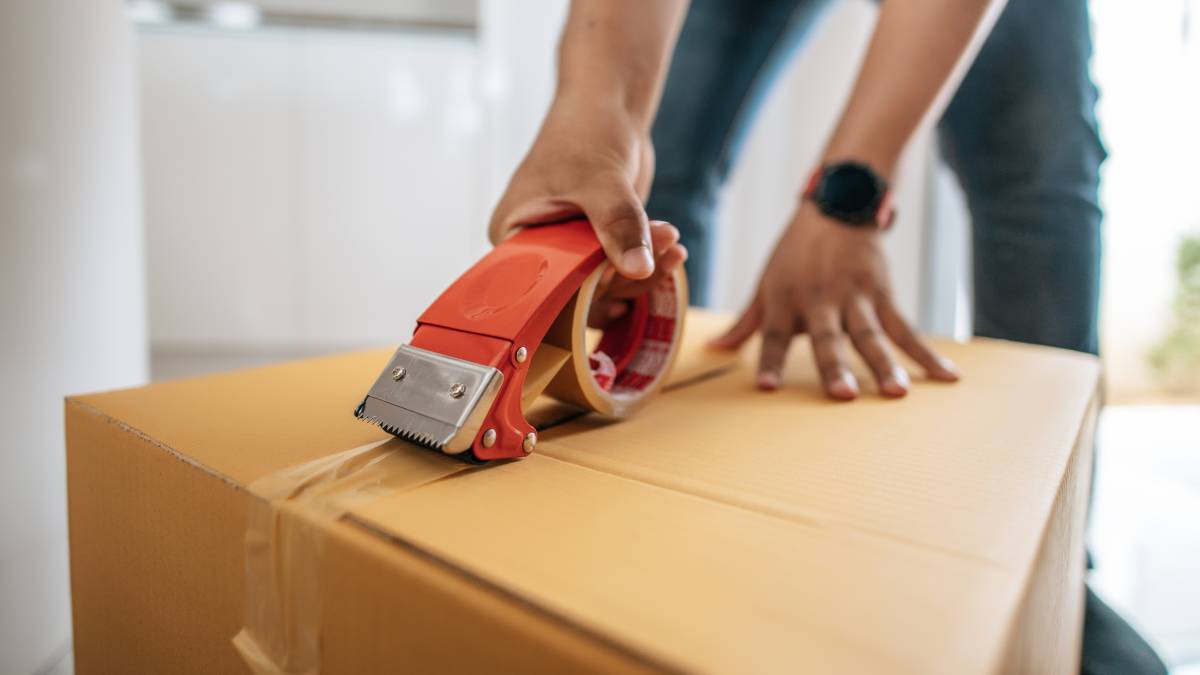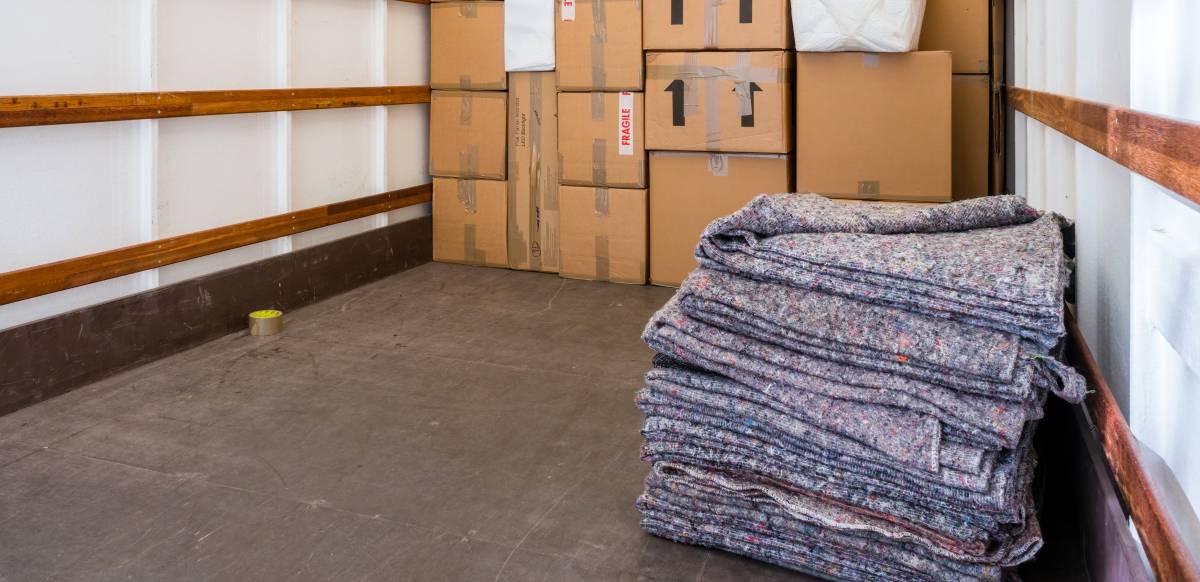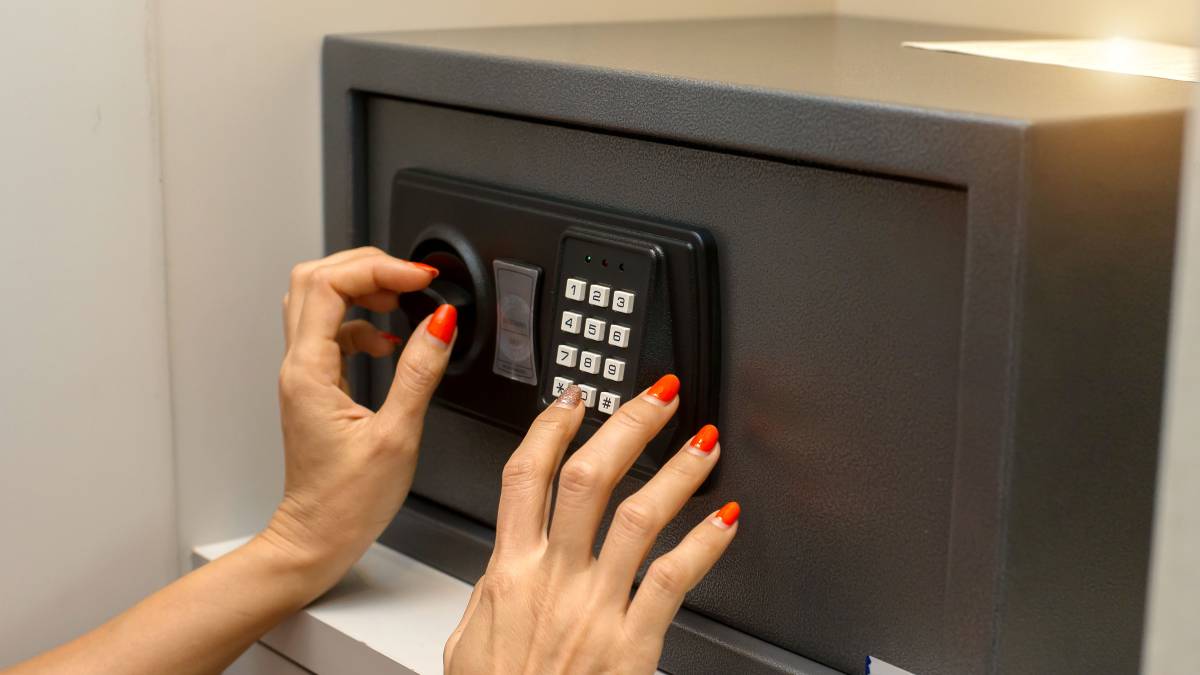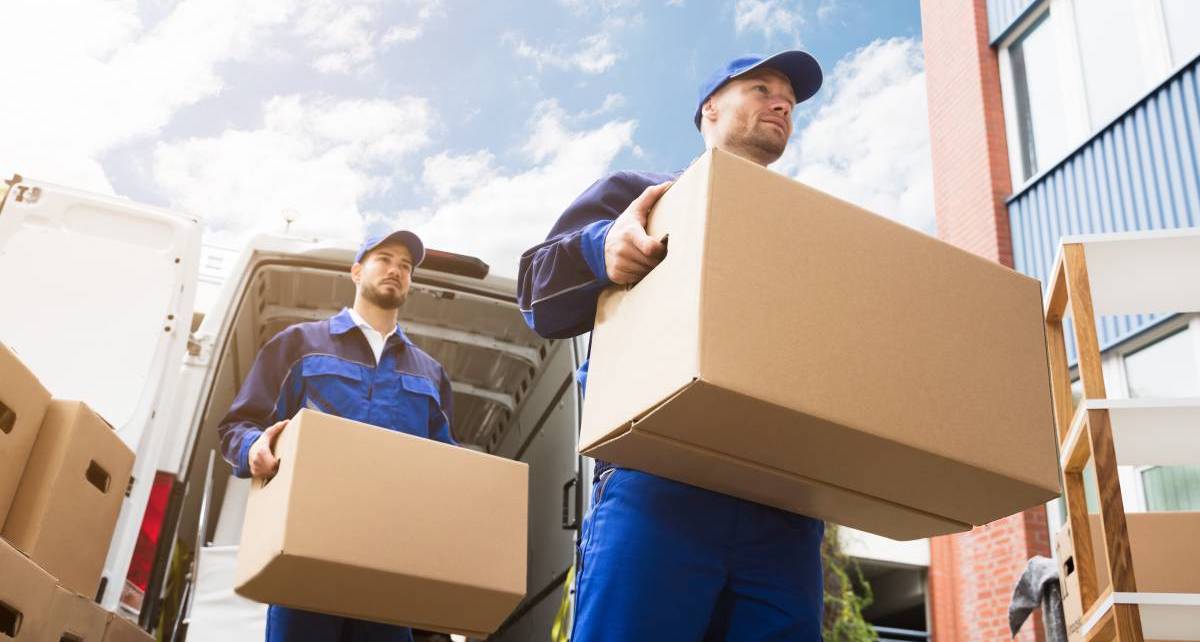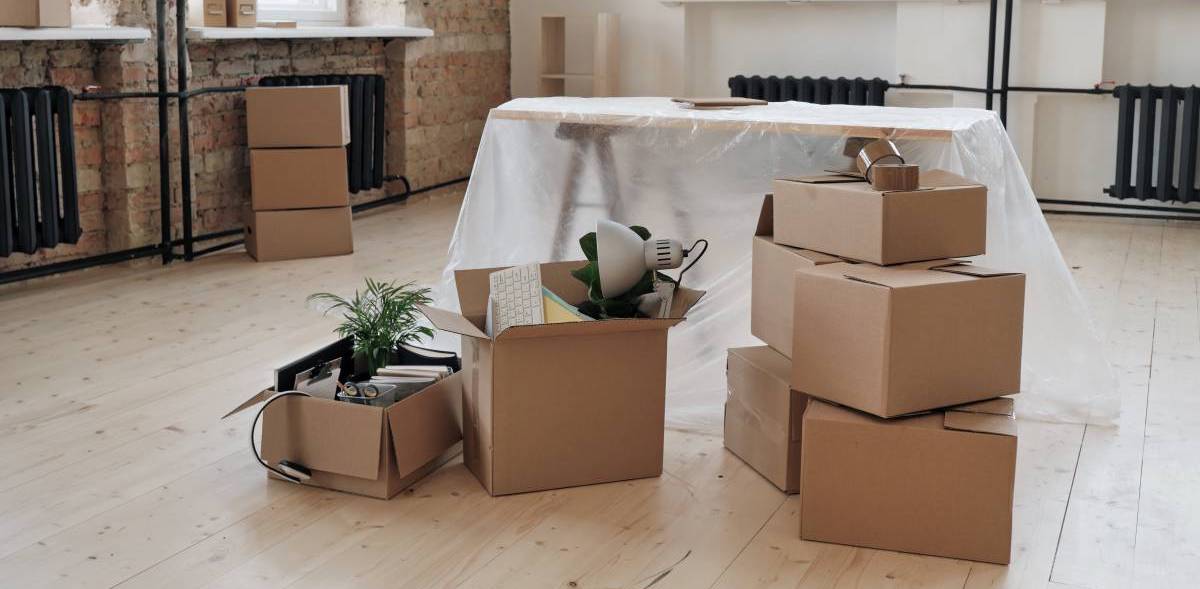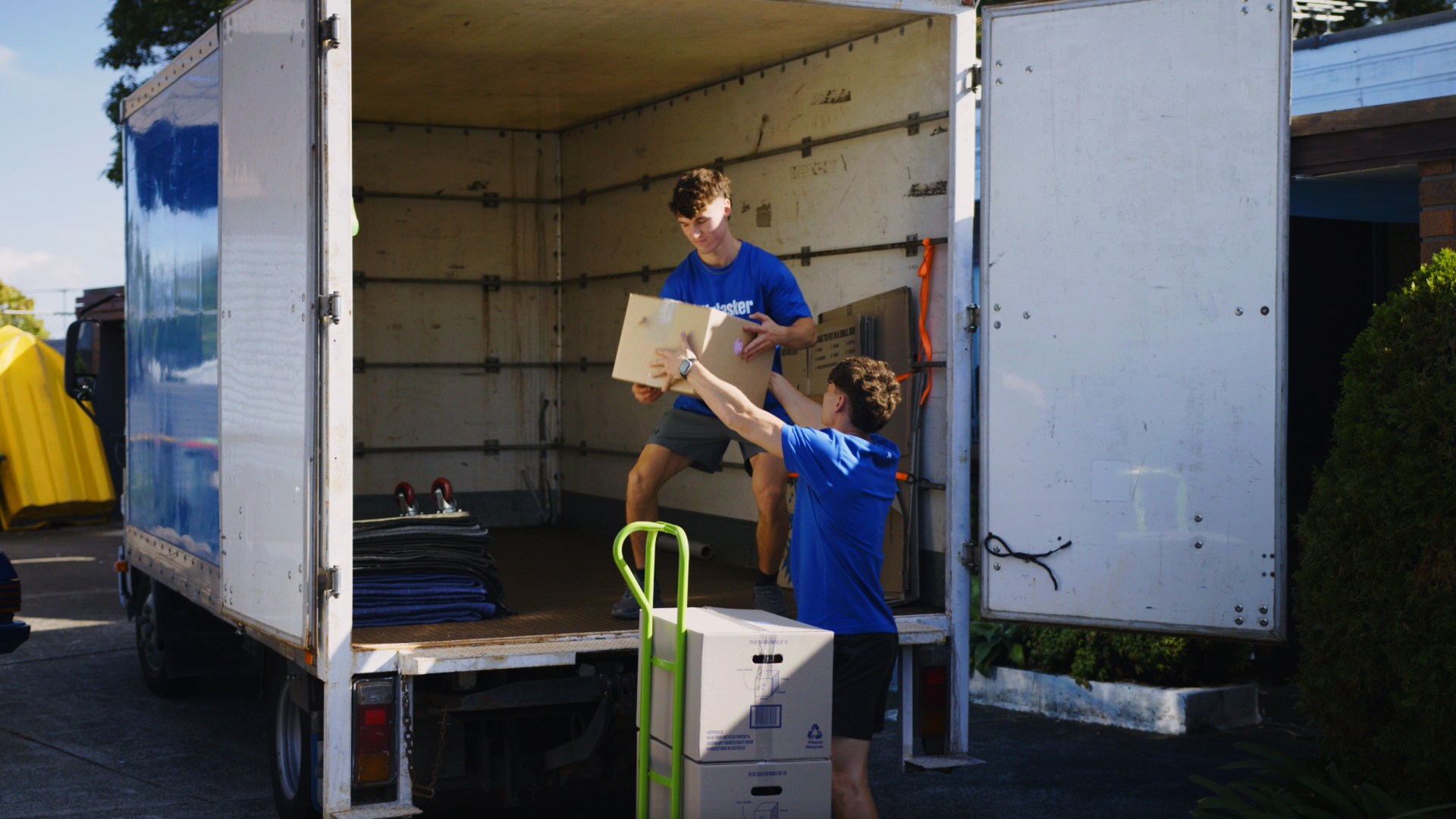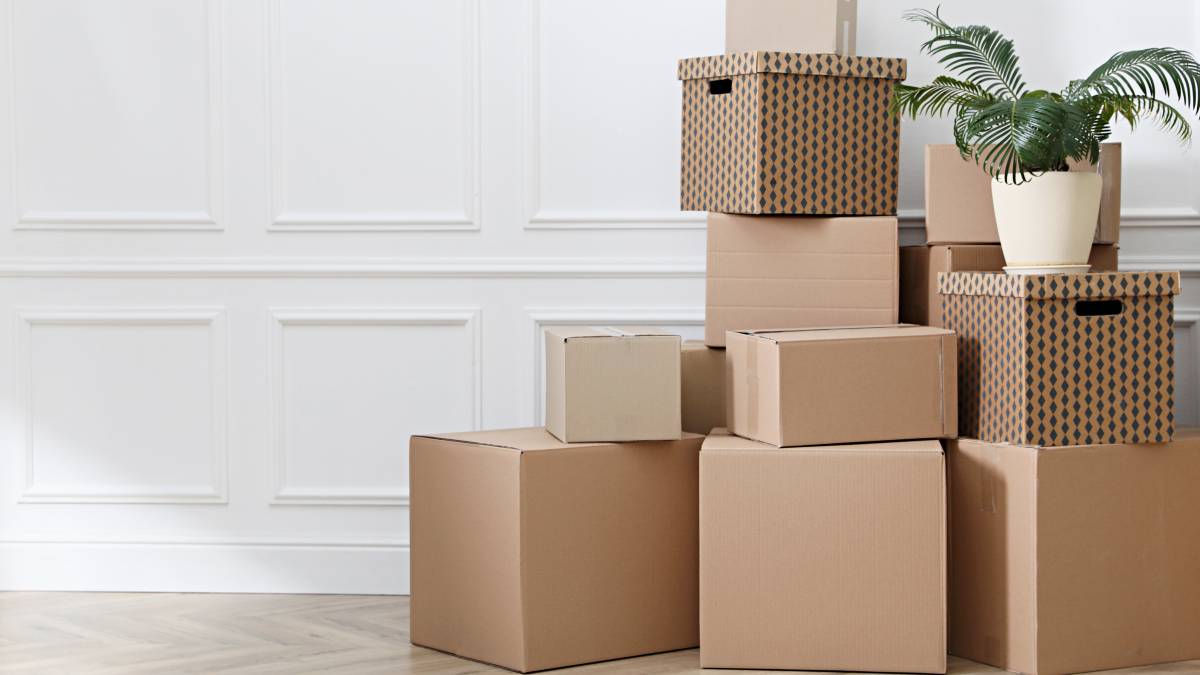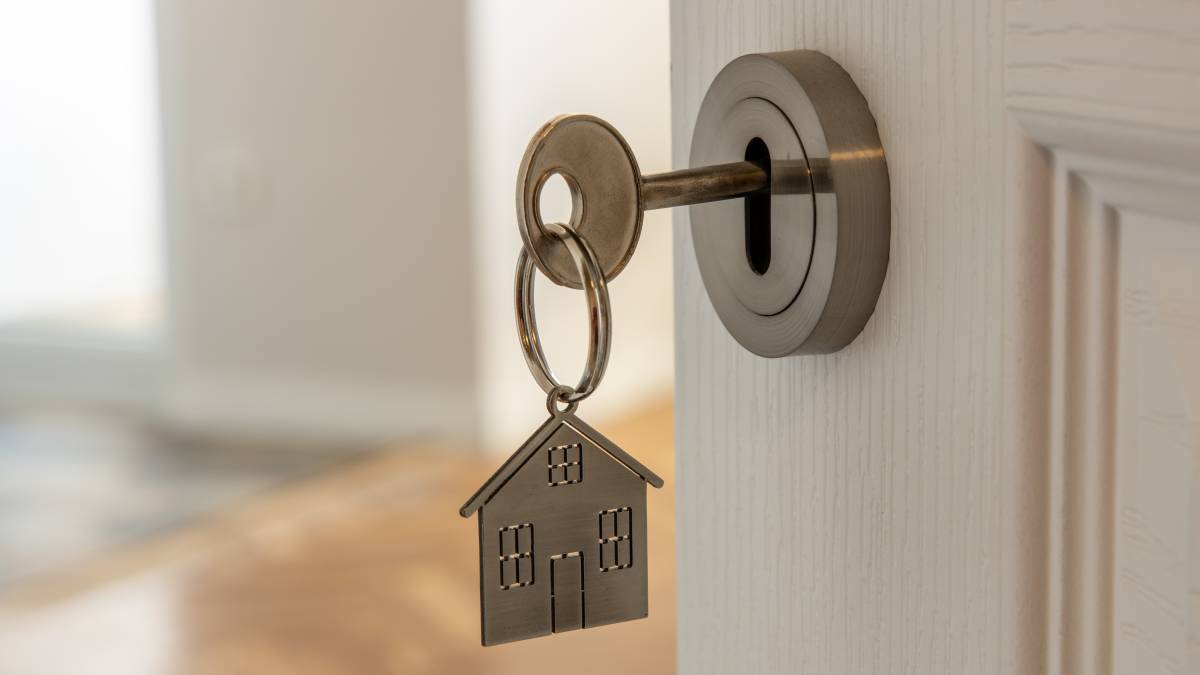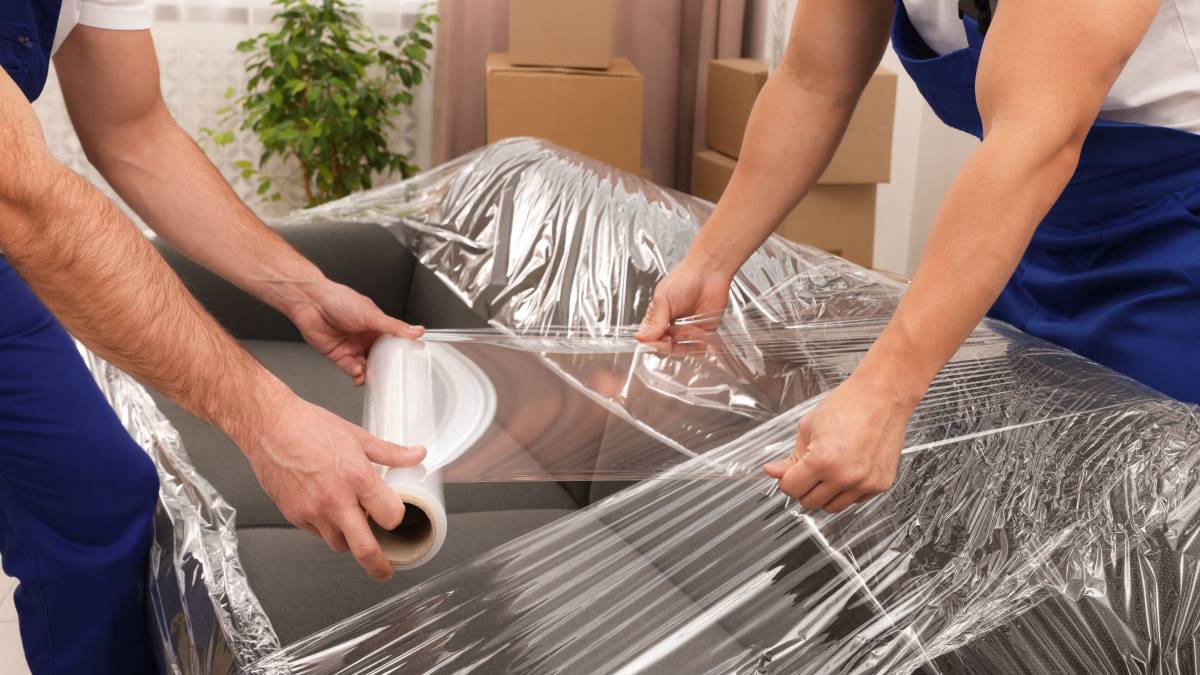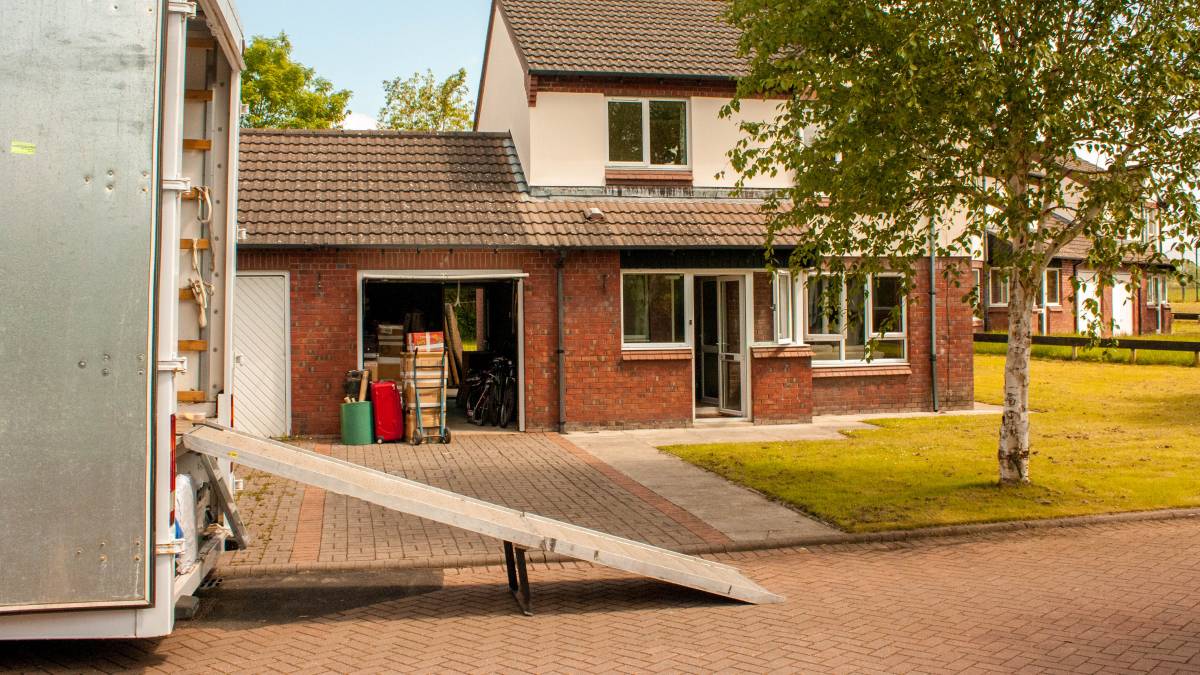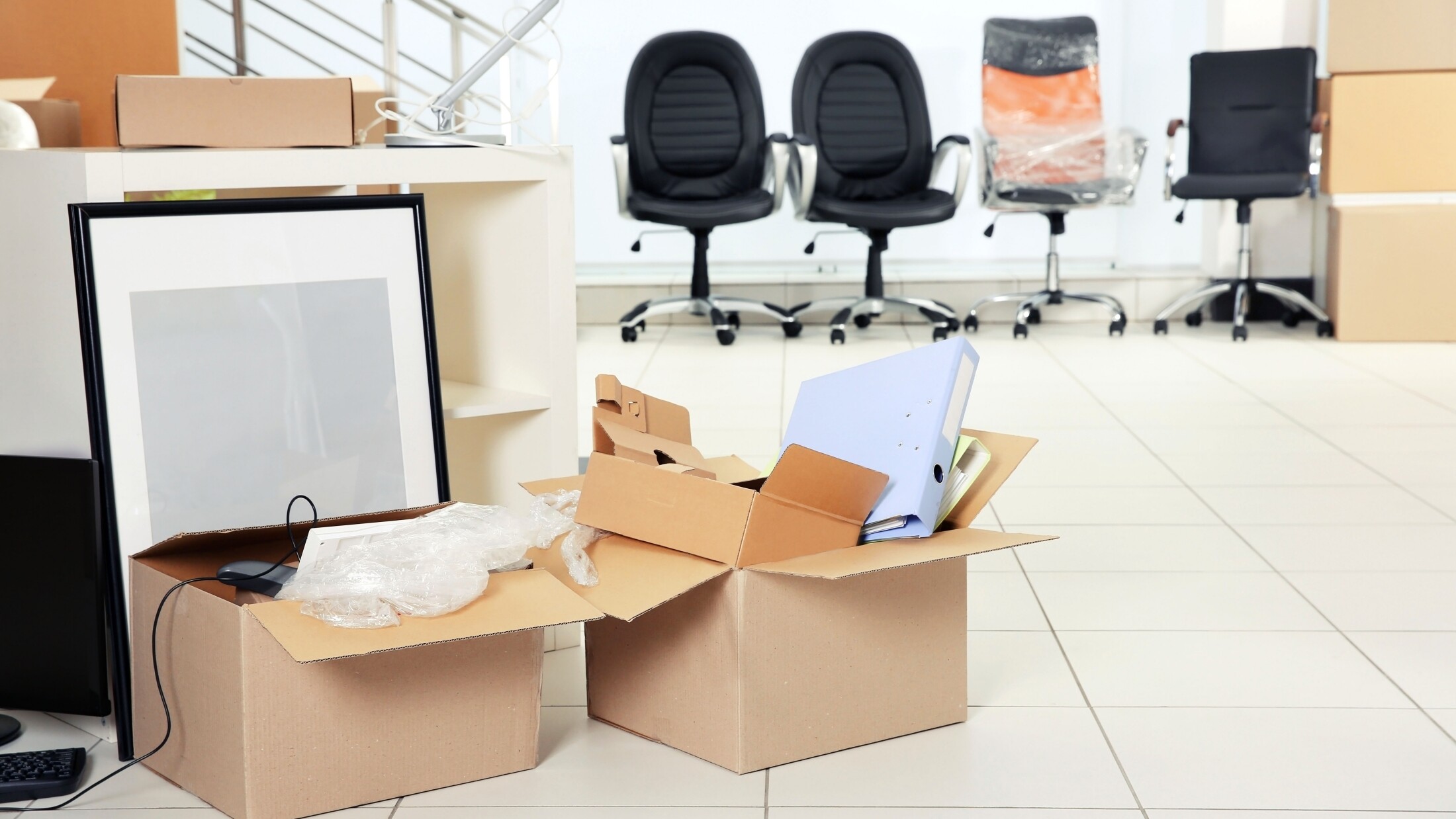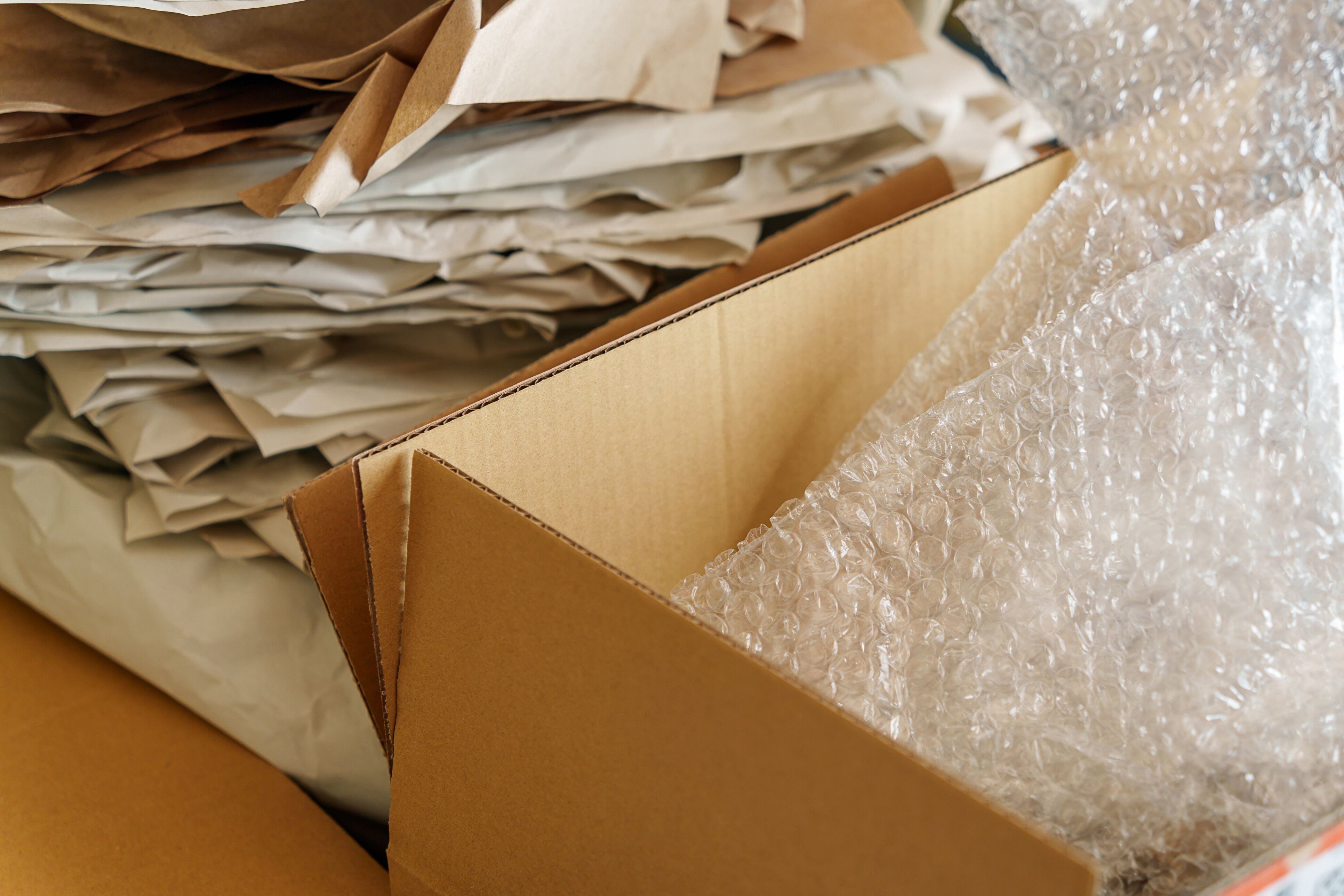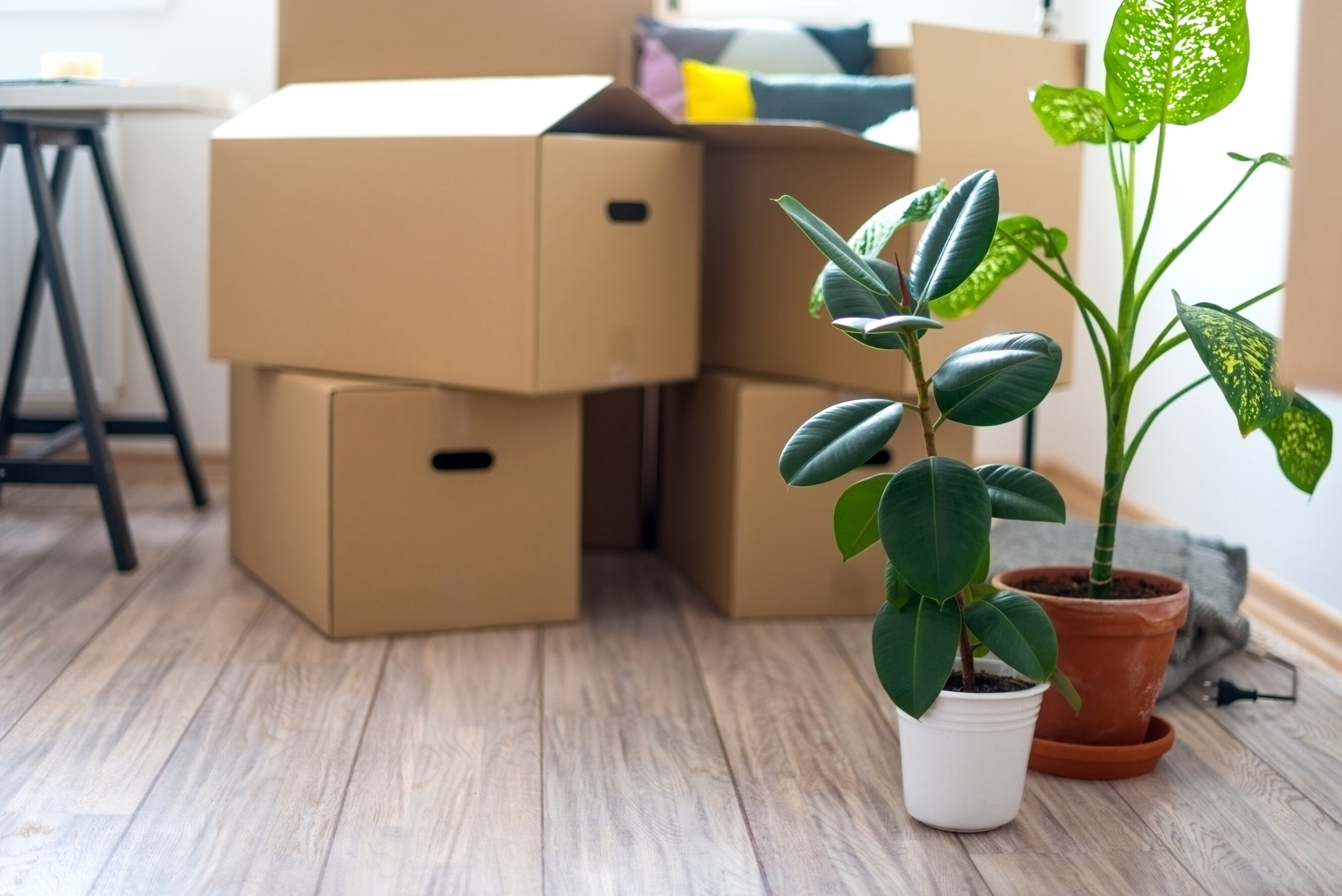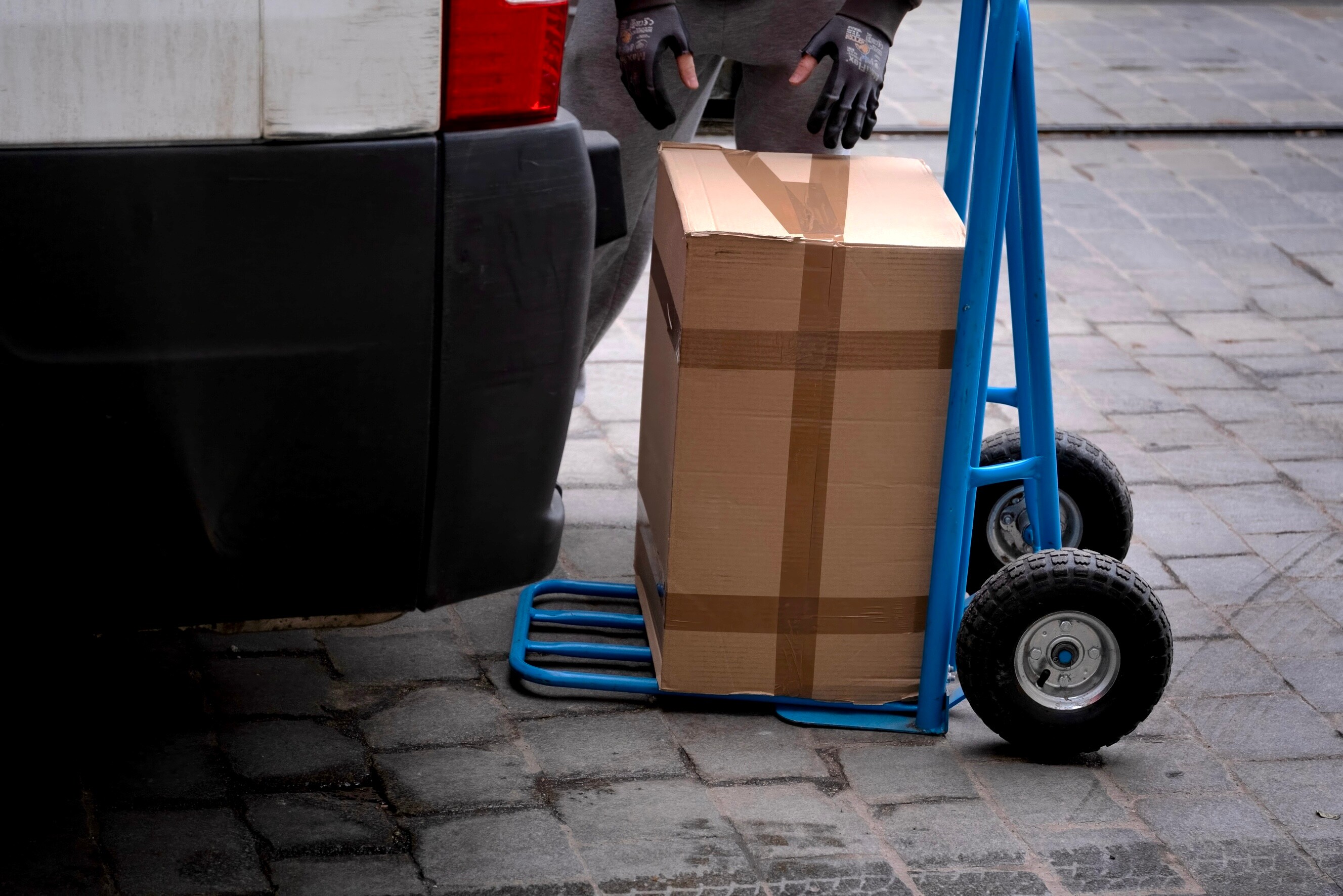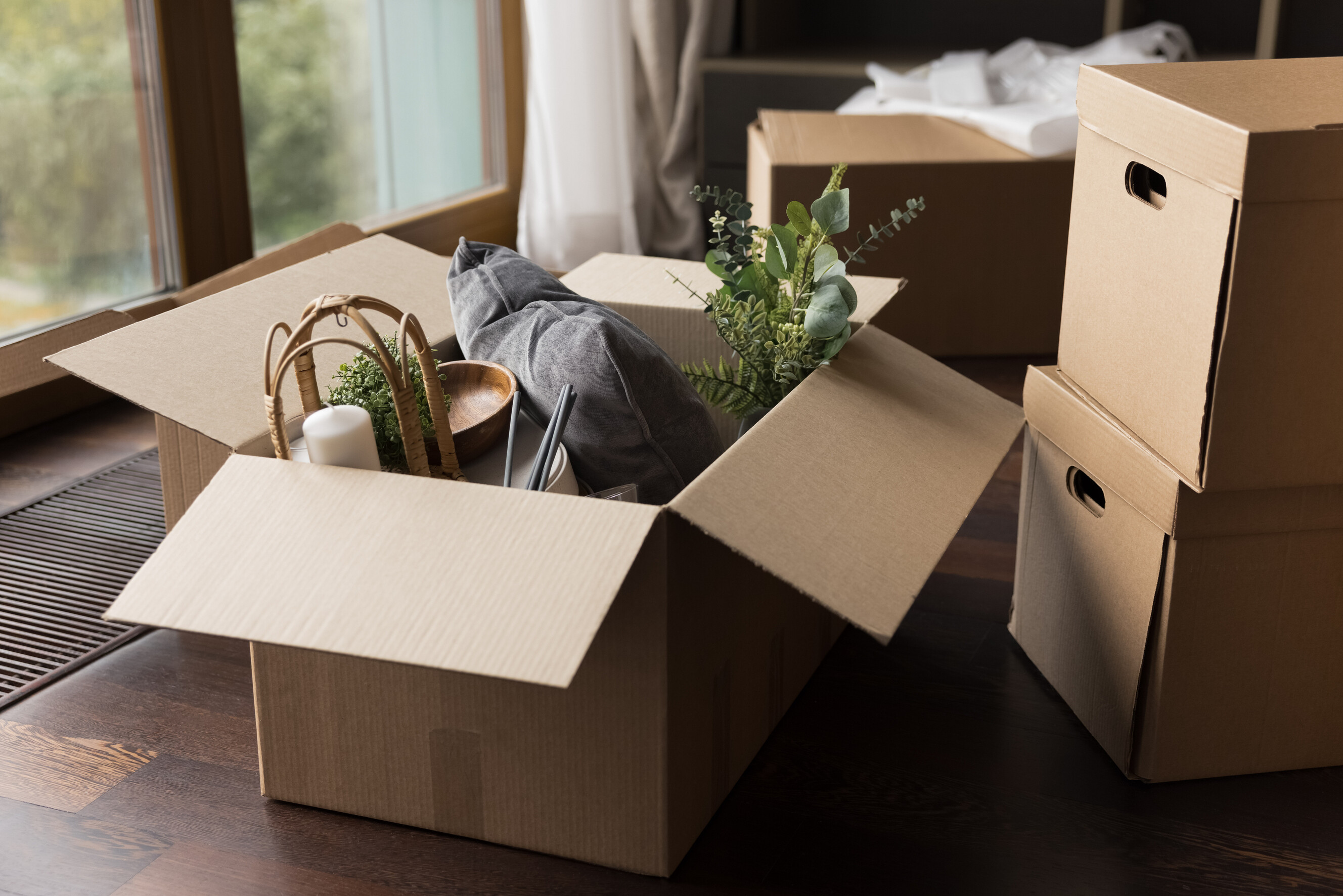
Published on

Written by Ella M.
Staff Writer
Read more about our contributor
Key Takeaways
Most moving mistakes happen because people start too late, not because moves are inherently difficult. Even simple relocations become disasters when you’re scrambling in the final weeks.
Keep basics like soap, medications, and bed linens in one accessible box so you can settle in immediately without unpacking everything.
Hire professional movers to handle the heavy lifting and fragile items with care, ensuring a safer, faster, and more efficient move.
At first, moving feels simple: Pack your things, load a van, and start fresh. But once the boxes pile up and the to-do list grows, even the most organised plans can unravel fast.
The reality is that moving mistakes are incredibly common, from underestimating packing time to forgetting utilities setup. In fact, 5.9 million people in the UK had a different address one year before Census Day in 2021—and with so many households relocating regularly, the chances of overlooking what can go wrong on moving day are higher than you might think.
That’s why knowing how to move house the smart way is all about preparation. Whether you’re moving by yourself or hiring professionals, having a reliable system can make the difference between a seamless transition and a chaotic one. Before you grab the tape and boxes, here’s a list of the most common moving mistakes to avoid.
1. Starting your move too late
Leaving things until the last minute is a master mistake, setting off a chain reaction that makes everything else harder. Whether you choose DIY moving or hiring movers, that remains the case.
When deadlines close in, panic tends to take over. That’s when people start making rushed decisions, like hiring the first person with a van who happens to be available, instead of finding experienced, reliable help. Before you know it, the move costs more and becomes far more stressful than it needs to be.
Avoid the chaos by planning ahead. Give yourself at least six to eight weeks to get everything done. Start with a solid house-moving checklist, and break the house-moving process into manageable weekly goals so nothing piles up.
If you’re hiring professionals, make sure everything’s packed and ready before they arrive.
2. Not getting multiple moving quotes
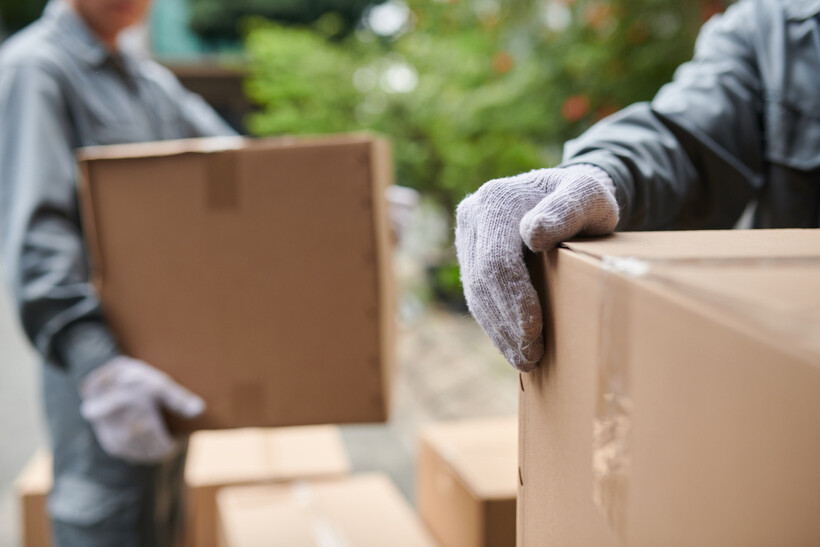 Movers lifting boxes on a moving day. (Source: iStock)
Movers lifting boxes on a moving day. (Source: iStock)
When it comes to booking experts, choosing the first mover you find (or simply going with the cheapest option) is like gambling with your belongings. This is why knowing the actual cost of removals helps. Removal companies handle the heavy lifting, transport, and other special services you need, so it’s worth finding people with solid experience.
Professional movers typically charge between £300 and £1,200 for local moves. Distance plays a role in the pricing. In fact, long-distance moves have their own range, between £1,500 and £5,000+. Depending on the load size and your specific locale, you can expect the cost to be higher or lower than this range.
To make sure you’re getting the best value, get at least three written quotes—but don’t just compare the prices. Take a closer look at what each company offers: their services, insurance coverage, delivery timelines, and support quality. This extra step gives you a clearer sense of value and helps you avoid hidden costs or unreliable service.
3. Skipping the pre-move declutter
Bringing everything you own is one of the biggest packing mistakes. Every extra box adds to your moving fees, fuel costs, and unpacking time. So when you skip a pre-move declutter, all you’re really doing is transferring yesterday’s mess into tomorrow’s home. And let’s be honest: those lidless containers don’t spark joy where you live now, and they won’t suddenly glow up in your new house.
Set aside a decluttering day to decide what items are not worth moving. Donate, recycle, or hold a car boot sale so you only bring what truly matters. If it feels overwhelming, professional decluttering services can make the process faster and more organised. Some even handle donation drop-offs or eco-friendly disposal for you.
Remember, size matters when you’re moving. So be realistic about what you actually need. The more you pare down now, the less you’ll pay in moving costs and the easier settling into your new space will be.
4. Poor packing and labelling
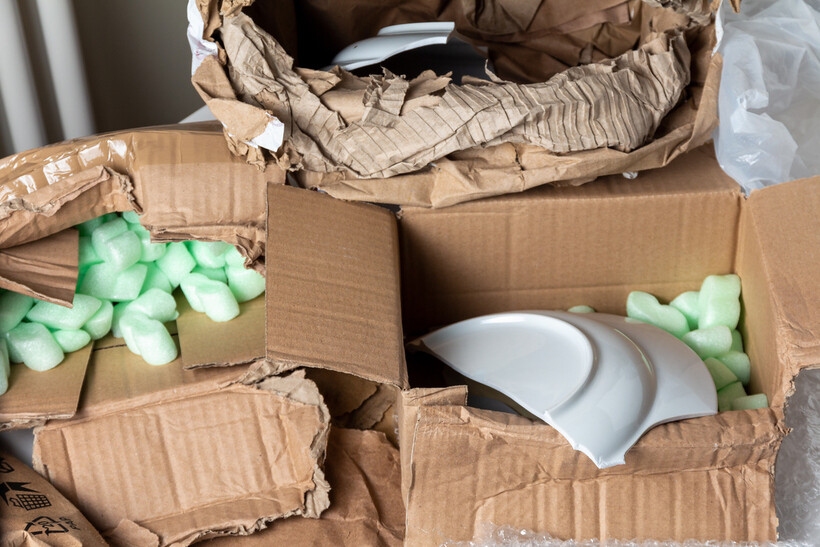 Improper packaging during transit. (Source: iStock)
Improper packaging during transit. (Source: iStock)
After you’ve decluttered, the next critical step is packing what remains. Packing and labelling may seem straightforward, but they’re where most damage happens. It’s not just about fitting everything into boxes. You also need to protect them and make them easy to locate later.
Packing fragile items without proper cushioning (like bubble wrap) can lead to breakages, while unlabelled boxes can turn unpacking into a frustrating guessing game. To avoid damage and confusion, use sturdy, high-quality moving boxes, wrap fragile items carefully, and clearly label each box with its room and contents.
You can definitely handle the packing yourself if you’ve got the time and patience. But hiring a professional packer can give you peace of mind; they’ll ensure everything’s wrapped, cushioned, and transported safely. And while they’re working, it’s always thoughtful to offer a drink of water or a quick snack, and lend a hand where you can without getting in the way.
5. Forgetting utilities and address changes
The work isn’t done just because the boxes are out the door. One of the most common moving mistakes to avoid is forgetting the admin side of the move, including transferring utilities or updating your address. It’s easy to overlook, but skipping these steps can leave you without essentials or missing important mail.
Stay organised by creating a checklist of your utility accounts, internet providers, and subscriptions at least two weeks before moving. Update your address with key government agencies such as HM Revenue & Customs (HMRC), the National Health Service (NHS), and the Driver and Vehicle Licensing Agency (DVLA).
Notify providers of your move dates and schedule connections early to avoid downtime. Lastly, update your bank, insurer, and postal service details to make sure nothing important slips through the cracks.
6. Not packing an essentials box
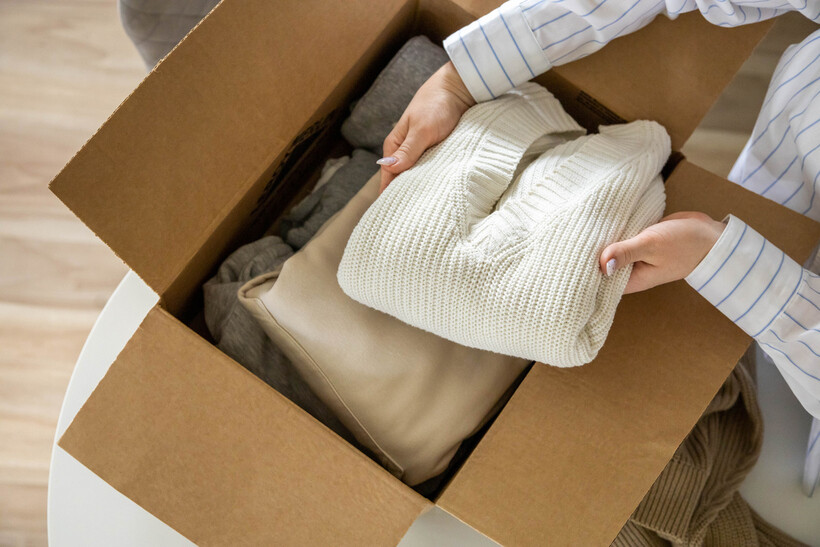 Packing folded clothes into an essentials box. (Source: iStock)
Packing folded clothes into an essentials box. (Source: iStock)
There’s one practical item that can make or break your first night in your new home: an essentials box. After a long day of carrying boxes, no one wants to dig through thirty just to find a toothbrush or phone charger.
Imagine trying to sleep without sheets, searching for toilet paper, or living on takeaway because your cookware’s buried somewhere. An essentials box for moving saves you from that chaos, and it’s especially useful as a self-move packing process for long-distance or cross-country moves.
Start with one box for your kitchen so you can settle in right away. Include:
Toothbrush, toothpaste, and soap
Toilet paper
Medications
Dishes and utensils
Snacks and bottled water
Coffee or tea
A small pot or pan
Bin bags
Paper towels or wipes
Box cutter or scissors
Then, pack a second moving day essentials box for your bedroom to ensure a comfortable first night:
Bed linens, pillow, and blanket
Change of clothes and pyjamas
Towels
Pack your essentials box a day before moving and keep it with you rather than loading it onto the van. If you have kids or pets, make one for them too. Having these ready and easy to reach will make your first night feel less stressful.
7. Ignoring hidden moving costs
That bargain removals quote might look like a win, until all the extras pile up. Parking permits, stair surcharges, or fees for dismantling and reassembling beds are just the beginning. Add in last-minute packaging materials, the cost of a takeaway for exhausted helpers, or hiring a tradesperson, and your tidy budget can dissolve quickly.
Other hidden costs to watch for include insurance, council tax deposits, tenancy referencing fees, and solicitor charges. Not to mention, low-emission zone fees in cities like London and Birmingham can easily catch removal vehicles off guard.
Before moving day, ask your moving company for a detailed, itemised estimate that includes possible surcharges. Then, set aside a healthy buffer in your budget for those unexpected add-ons. Plan ahead and set aside a financial cushion to stay in control of your budget and ensure your move stays on track from start to finish.
Make your next hassle-free
Moving to a new home doesn’t have to be stressful. With the right planning and reliable help by your side, you can avoid costly moving mistakes and make your relocation smooth from start to finish. It’s all about preparation and choosing the right professionals to handle the heavy lifting.
Need trusted movers? Post a task on Airtasker and get connected with experienced movers near you. Compare quotes, check reviews, and book experts who fit your budget and schedule. A stress-free move is just one booking away!
Learn more about our contributors

Written by Ella M.
Staff Writer
Ella M. is a content writer and editor with years of experience helping readers find simple ways to make everyday life easier. She writes about moving, home organisation, and lifestyle improvement, with a focus on clarity, practicality, and a relatable approach. Outside of writing, Ella enjoys exploring new recipes, catching up on lifestyle trends, and unwinding with a good puzzle game.
FAQs on moving house
Morning is usually the smartest choice: It’s cooler, traffic is lighter, and you’ve got more energy. Distance matters too. If you’ve got a long drive ahead or are thinking about things to consider when moving interstate, starting early gives you plenty of daylight to settle in without rushing.
Start with the basics: your bed, toiletries, and a few kitchen items. Having these ready makes the first night more comfortable and less stressful. Once you’ve got the essentials set up, you’ll feel more at home and can take your time unpacking everything else.
Don’t panic if you feel even a little bit of regret after the move. Instead of rushing into big decisions, try exploring your new area, meeting neighbours, and creating routines that feel familiar. Sometimes regret is just homesickness, and once you settle in, your new place can start to feel like home.
Find removals experts, fast
Find a removals expert
Related price guides
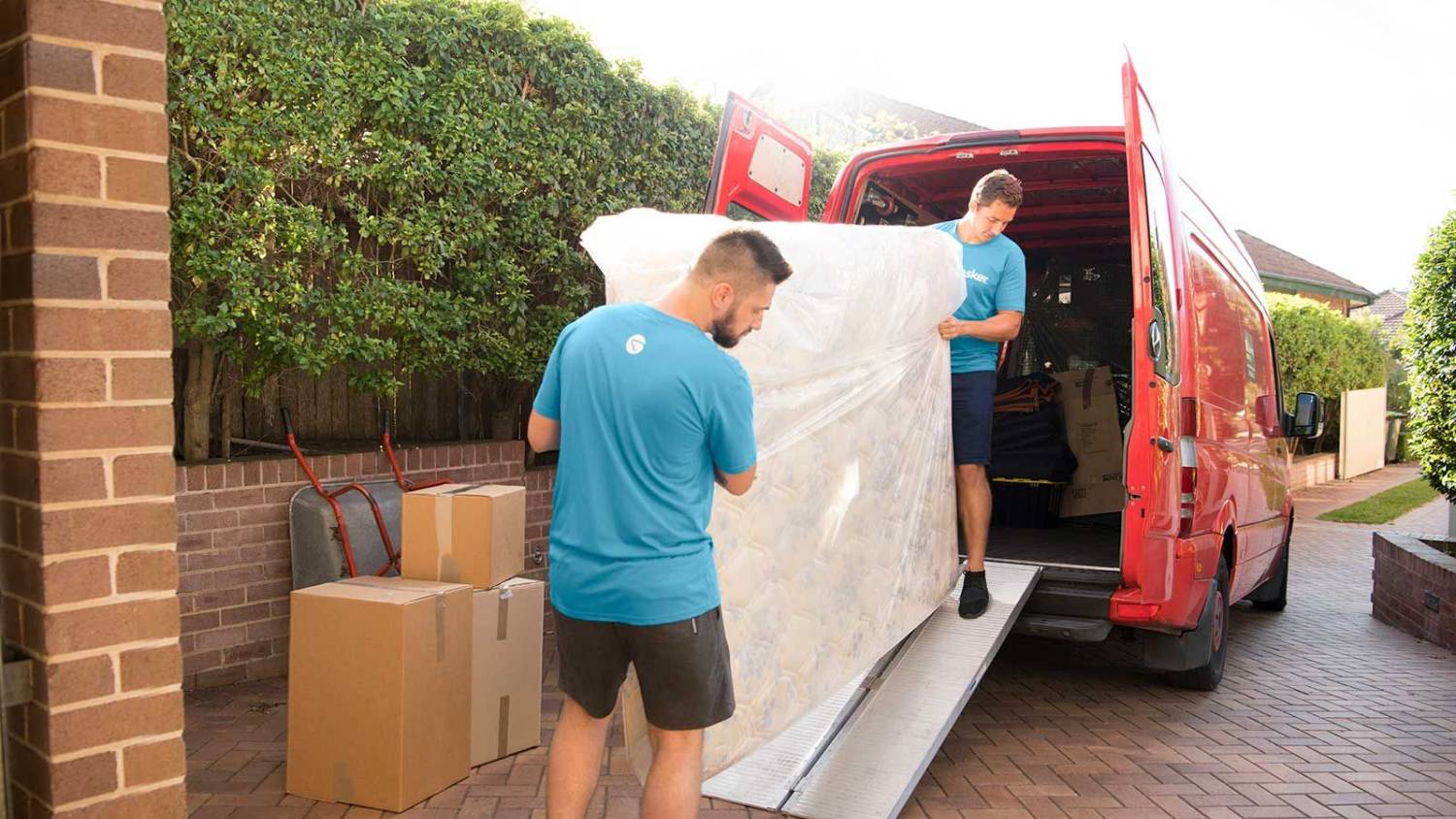
How much does it cost to move house?
Read more
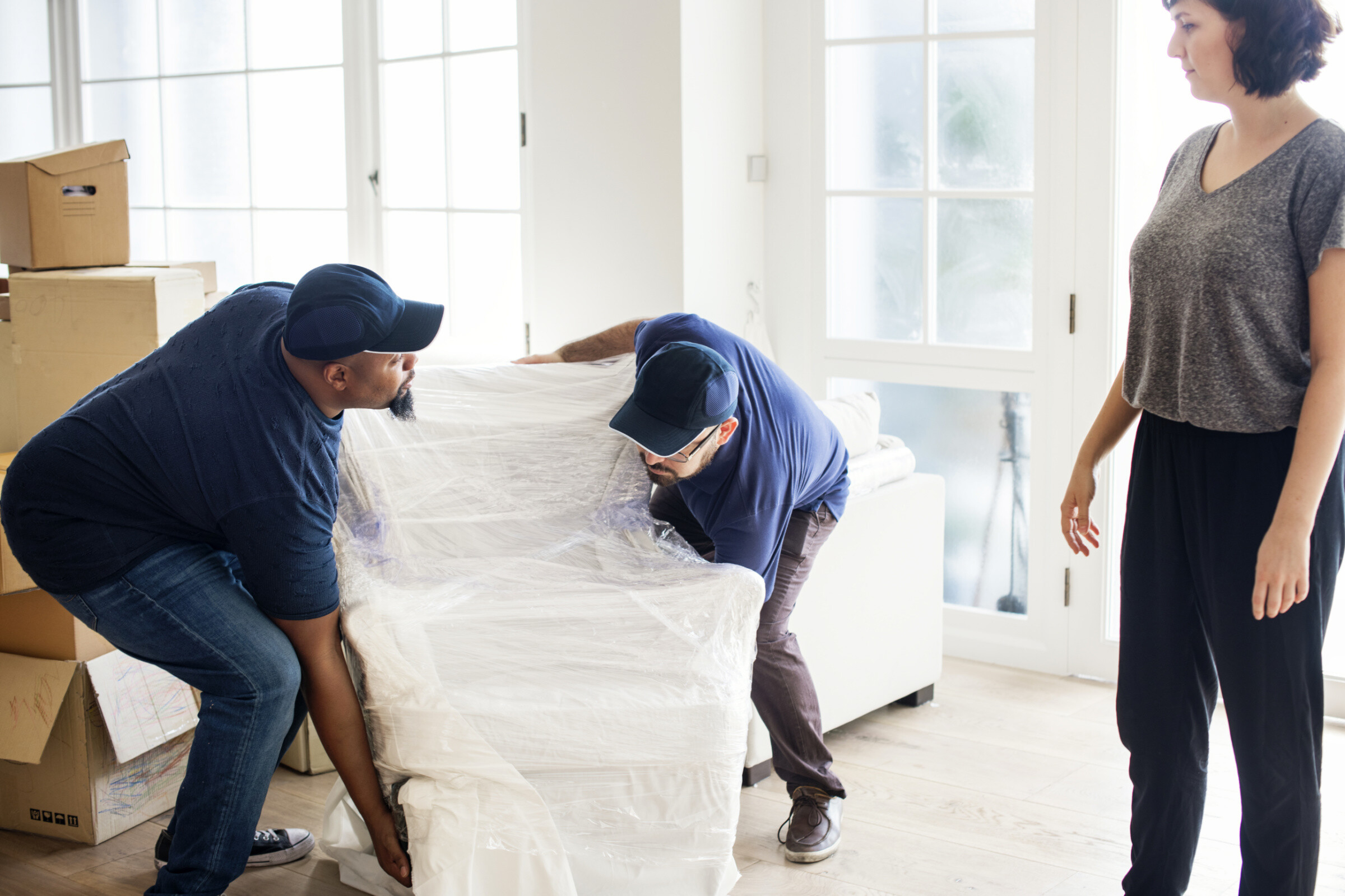
How much does it cost to move house?
Read more
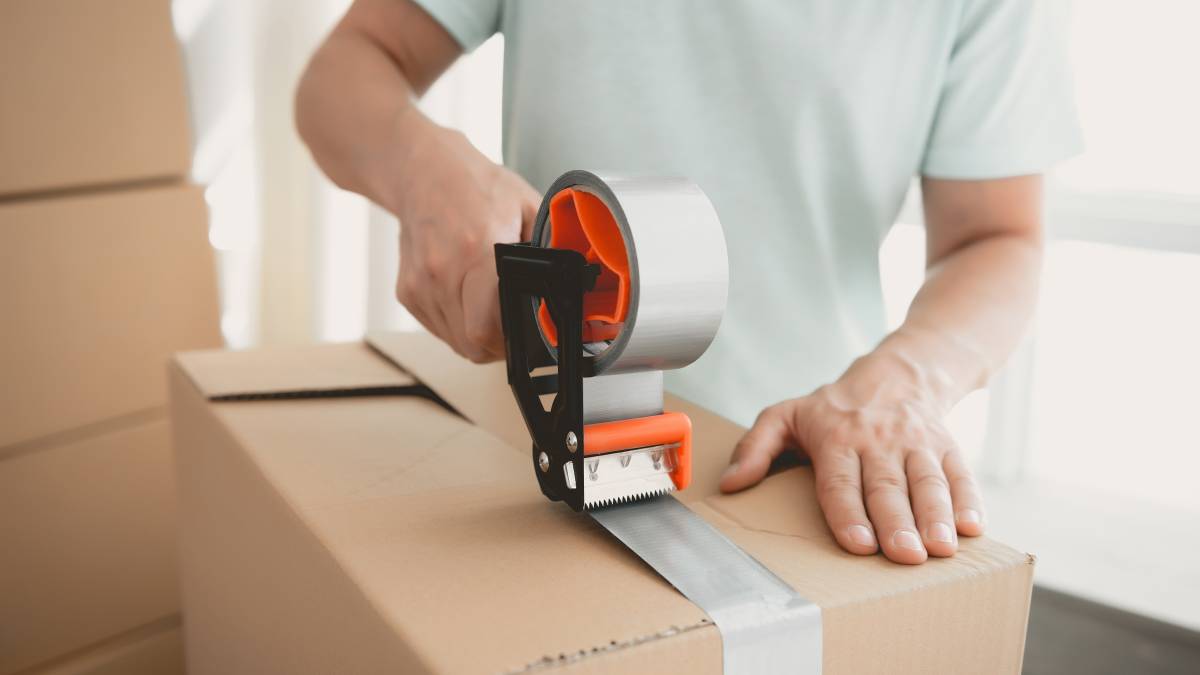
How much do packers cost?
Read more
Related articles

A guide to becoming a removalist
Read more

Tips for moving house with kids
Read more

How to pack mirrors for moving
Read more
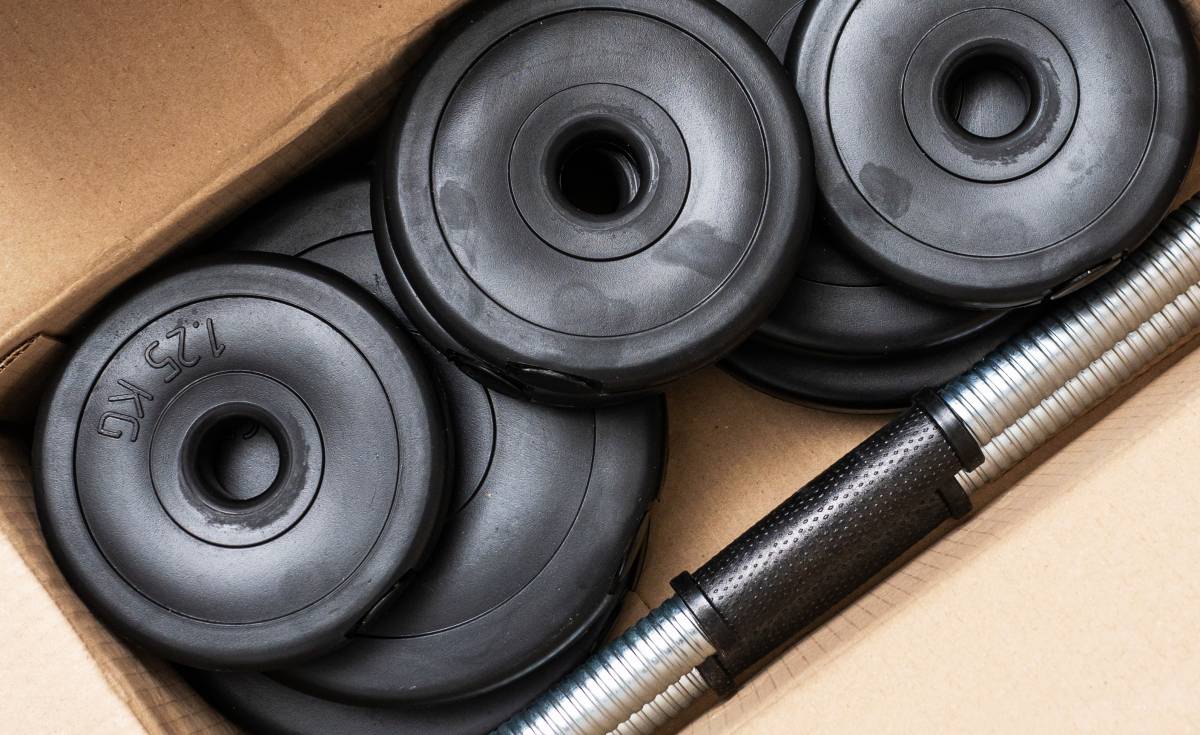
How to move gym equipment safely
Read more
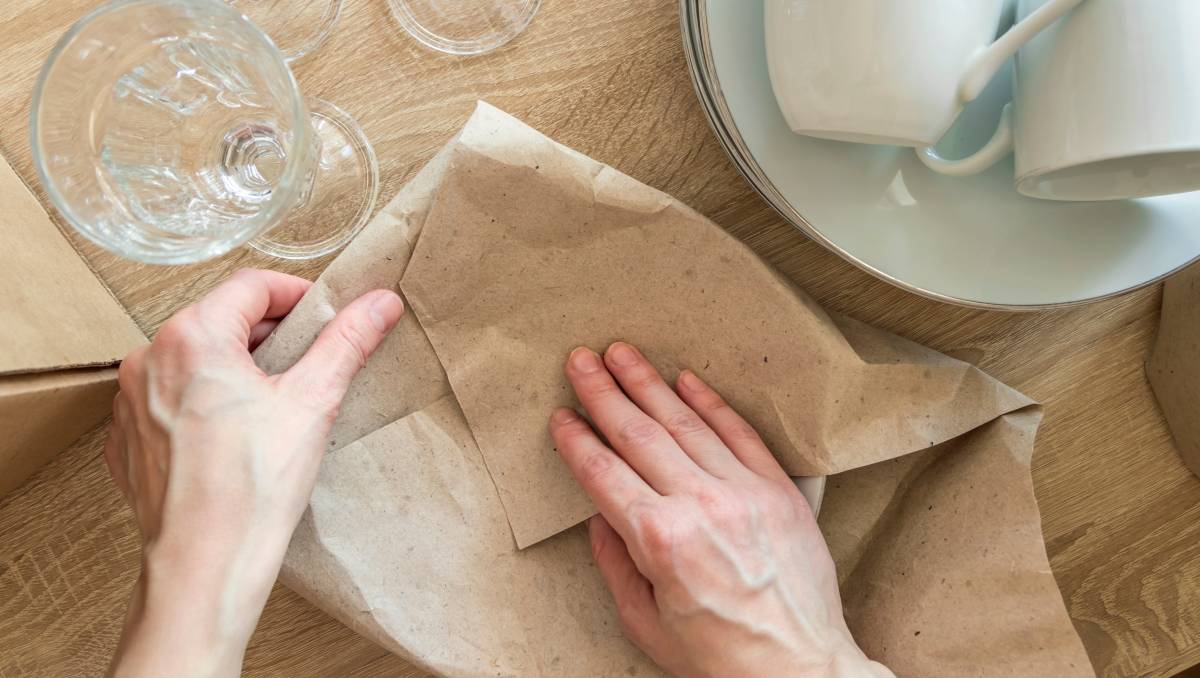
How to pack kitchen items for moving
Read more

How to pack books for moving
Read more
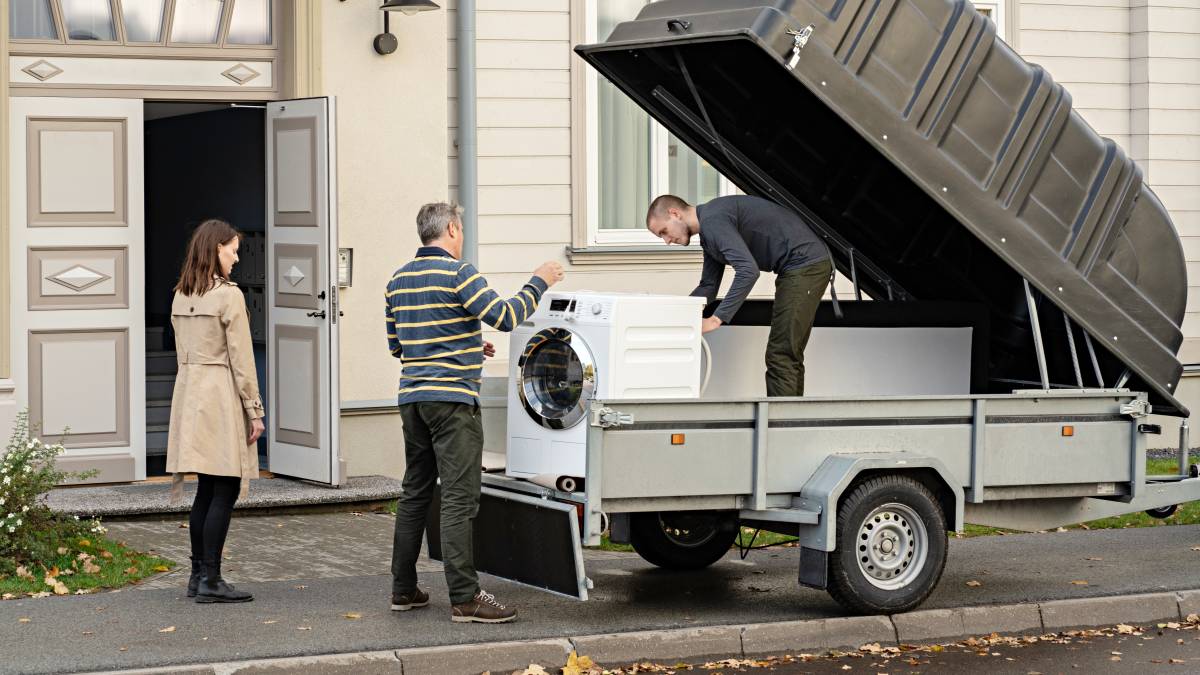
How to move a washing machine
Read more

How to pack artwork for moving
Read more
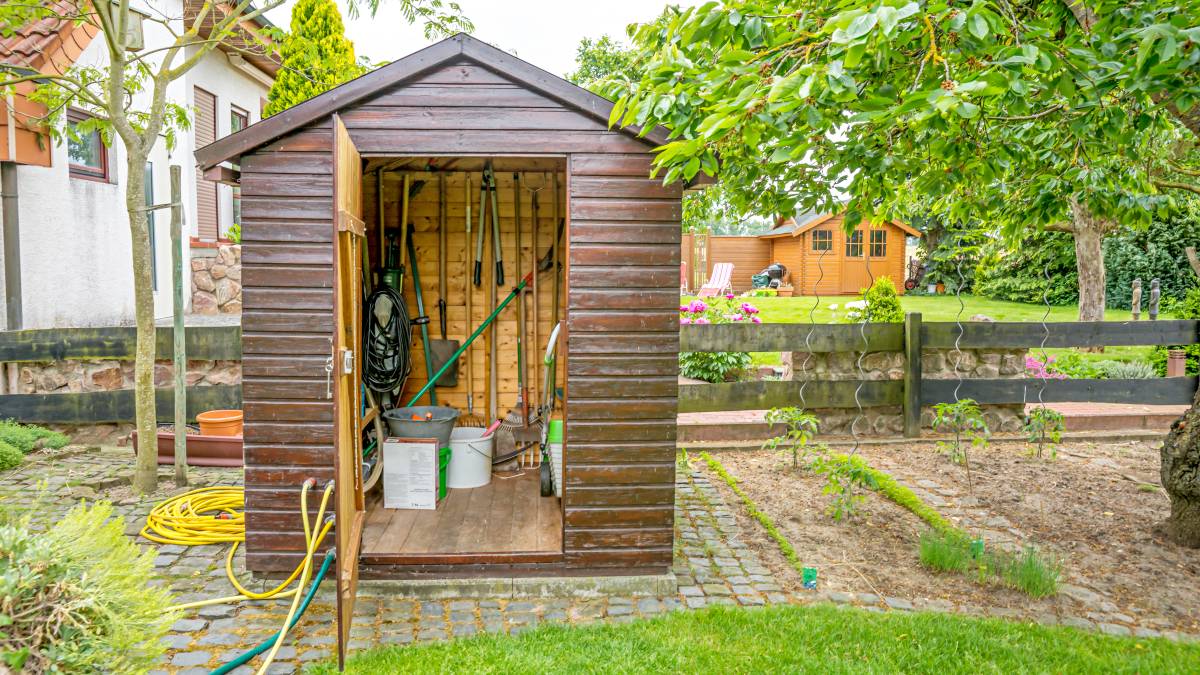
How to move a shed
Read more

How to move a pool table
Read more
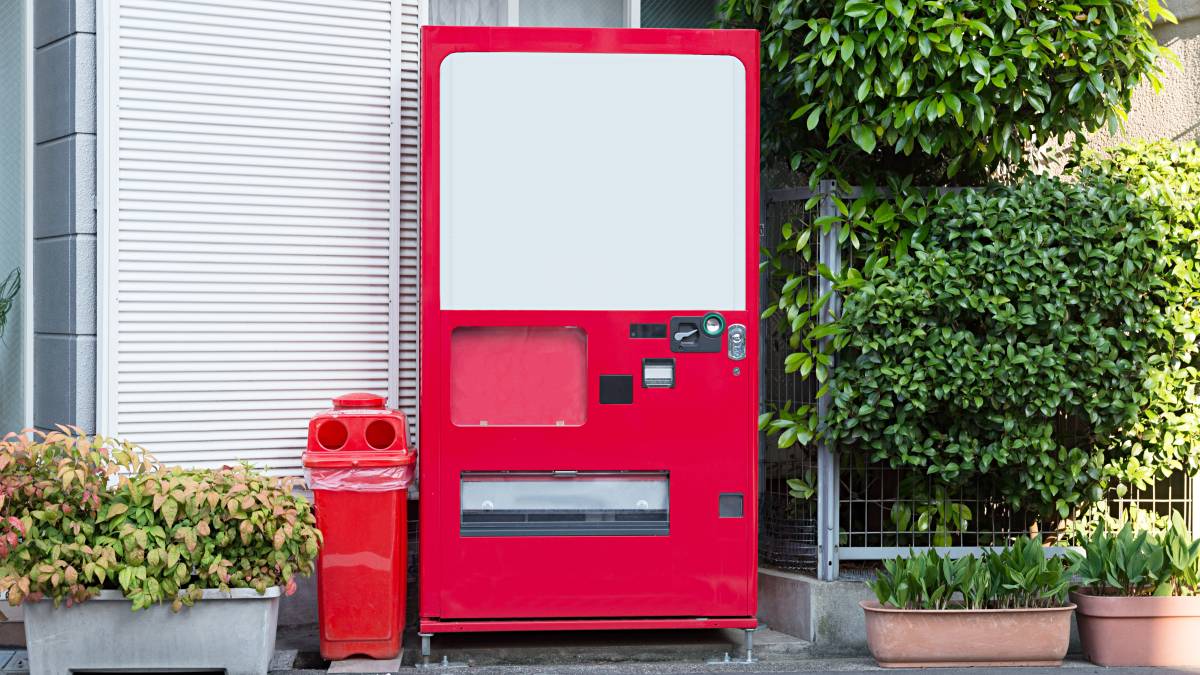
How to move a vending machine
Read more
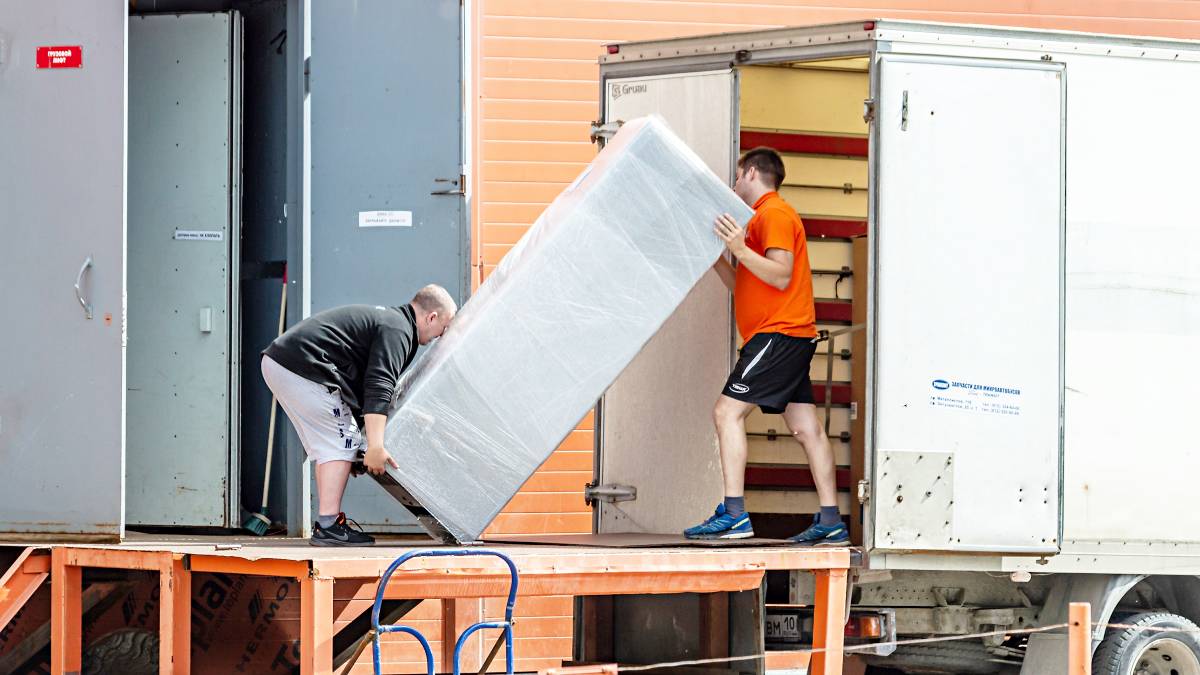
Moving a fridge: How to do it right
Read more

How to move a pinball machine
Read more

How to wrap furniture for moving
Read more

What moving companies won’t move
Read more
